Table of contents
Why Your Home Feels Like an Oven (When It Should Be Cool)
It's scorching outside. You hurry inside, ready for a blast of cool air. But instead, your AC blowing warm air hits you. That's incredibly frustrating. Your air conditioner should be your shield against the heat. When it fails, comfort disappears.
When your AC isn't cooling, it's often due to a common problem. Here are the top reasons your AC might be blowing warm air:
- Low Refrigerant: Your system's cooling fluid might be low.
- Dirty Air Filter: A clogged filter stops cool air from flowing.
- Wrong Thermostat Setting: It might be set to 'heat' by mistake.
- Frozen Coils: Ice buildup stops proper air exchange.
- Electrical Issues: Power problems can shut down cooling.
- Dirty Outdoor Unit: Blocked coils can't release heat.
- Malfunctioning Compressor: This key part might be broken.
Your air conditioning system works by moving heat out of your home. It pulls in warm indoor air, takes the heat out, and sends cool air back. When anything in this process breaks down, you get warm air.
This guide will help you understand what's gone wrong. You'll learn what you can check yourself and when to call the experts.
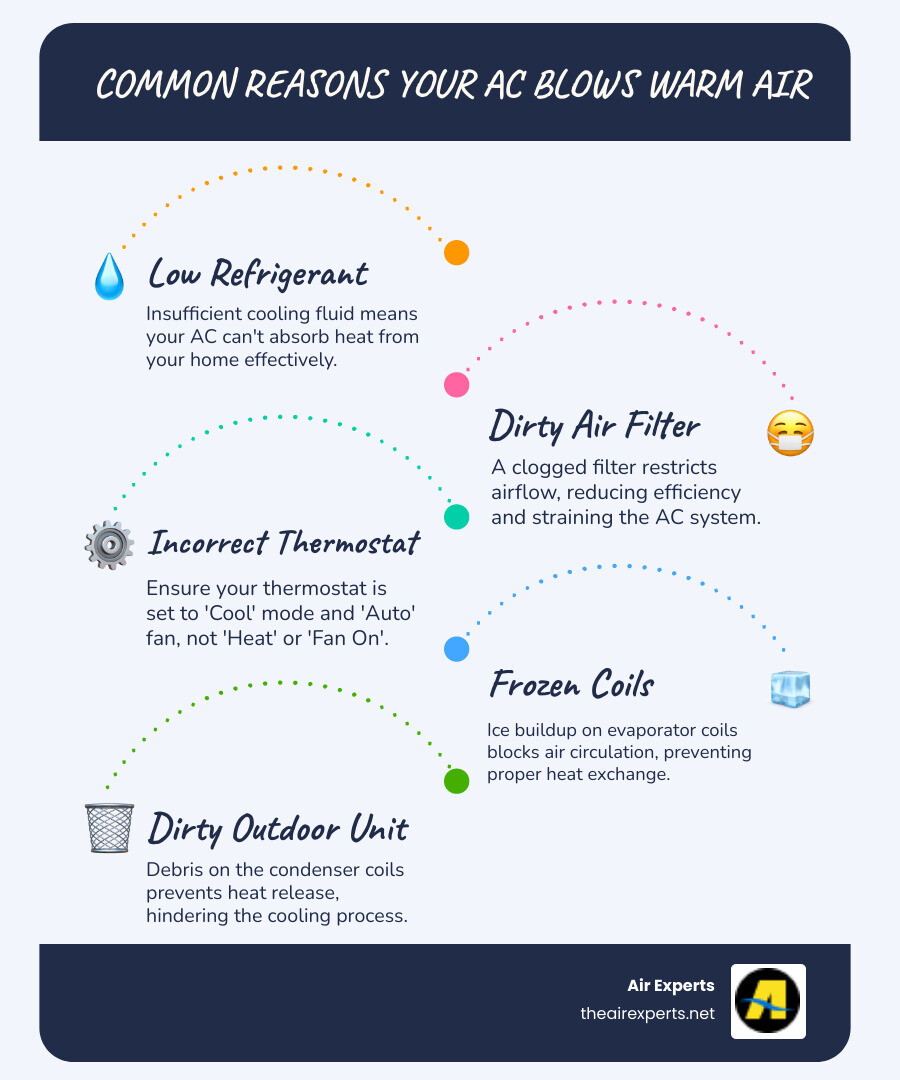
Why Is My AC Blowing Warm Air? 11 Common Culprits
Nobody wants to come home to a house that feels like an oven, especially when your AC blowing warm air instead of that refreshing cool breeze you're counting on. The good news? Most cooling problems come from the same handful of issues, and many are easier to fix than you might think.
Let's walk through the most common reasons your AC might be letting you down, starting with the simplest fixes and working our way up to the more complex problems that need professional attention.
1. Incorrect Thermostat Settings
Before you panic, check the most obvious culprit: your thermostat. Ensure it's set to "Cool" mode, as it's easy to accidentally switch it to "Heat" or "Fan Only." If it's on "Heat," your system is simply doing what it's told.
Next, check the fan setting. If it's set to "On" instead of "Auto," the fan runs constantly, circulating unconditioned air even when the AC isn't cooling. Set it to "Auto" so it only runs during cooling cycles.
Finally, make sure your temperature setting is low enough to trigger the cooling cycle. If your thermostat display is dim or blank, try replacing the batteries, as dead batteries can cause communication problems with your AC unit.
2. Clogged Air Filters
A clogged air filter chokes your AC system, preventing it from getting enough air to cool your home.
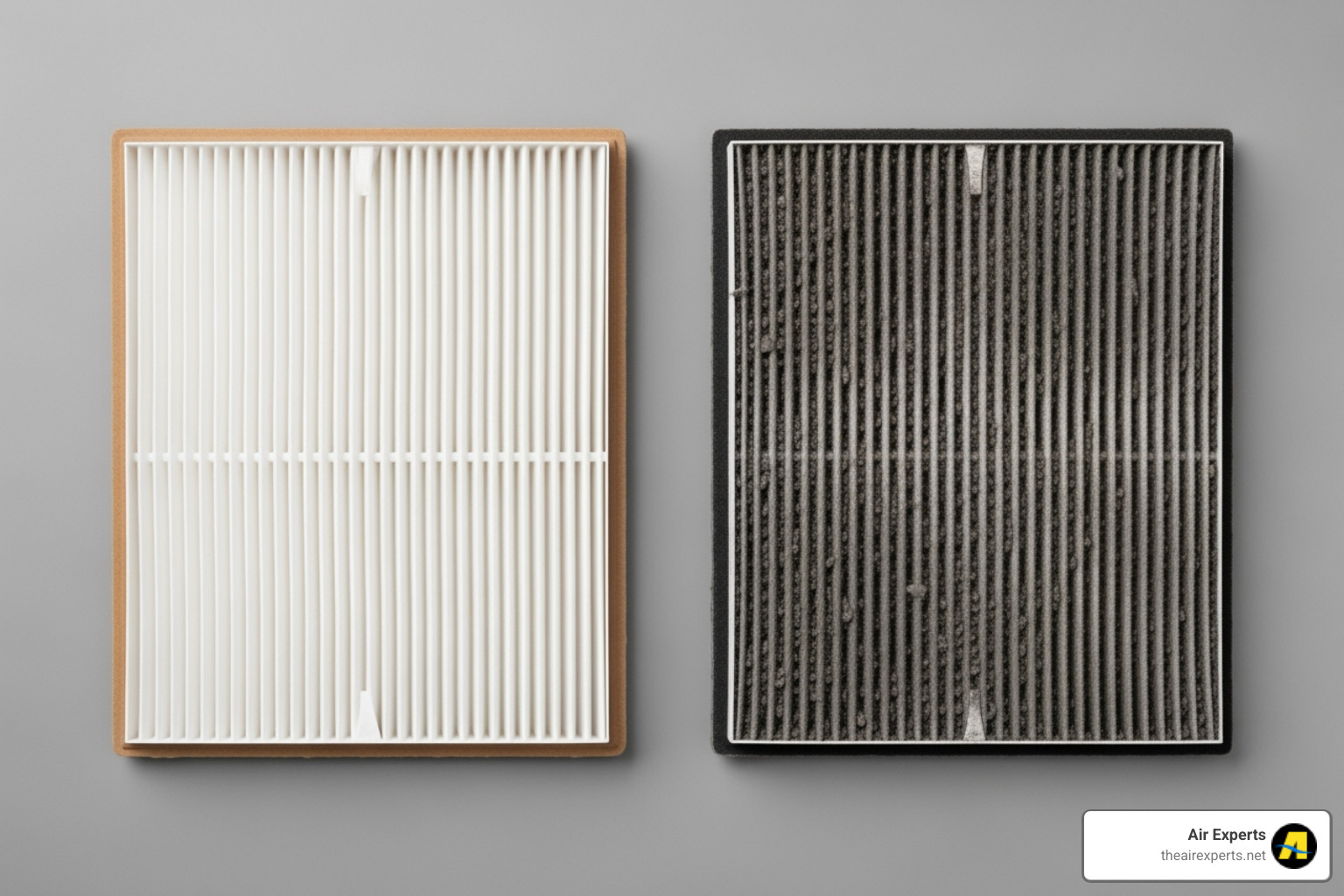
A dirty filter severely restricts airflow, forcing your AC to work overtime and reducing efficiency. This strain can cause the system to overheat, shut down, or even develop frozen evaporator coils.
The fix is simple: check your filter monthly and replace it when it looks dirty. Most homes need a fresh filter every 1-3 months, but homes with pets or allergies may need more frequent changes. This small maintenance step can prevent much larger problems.
3. Frozen Evaporator Coils
It seems counterintuitive, but your AC can freeze up. When evaporator coils get too cold due to issues like poor airflow or low refrigerant, moisture from the air freezes onto them, forming a block of ice.

When coils are covered in ice, they can't absorb heat, and your AC ends up blowing warm air. This is often caused by blocked airflow (like a dirty filter) or refrigerant problems.
If you suspect frozen coils, turn off your AC immediately. Do not chip the ice off. Instead, switch the fan to "On" to circulate air and help it thaw. This may take several hours. Once thawed, replace the air filter and ensure all vents are open.
4. Low Refrigerant or Leaks
Your AC uses refrigerant to absorb heat from inside your home and move it outside. Refrigerant isn't consumed like fuel; it circulates in a closed loop. If your system is low on refrigerant, it means there's a leak.
When refrigerant levels drop, your AC loses its ability to absorb heat. You might hear hissing sounds from the indoor unit or notice the system running harder but cooling less. This can also cause frozen coils.
This is a job for professional repair. Refrigerant handling requires special certification and tools. A qualified technician must find and fix the leak, then recharge the system with the correct amount of refrigerant.
5. Dirty Outdoor Unit and Condenser Coils
Your outdoor unit's job is to release the heat pulled from your house. When its condenser coils are covered in dirt, leaves, or grass clippings, they can't release heat effectively.

This debris buildup insulates the coils, trapping heat and forcing your system to work harder, which can result in your AC blowing warm air.
You can perform basic cleaning steps yourself. Clear away leaves, trim plants to give the unit at least two feet of space, and gently rinse the coils with a garden hose. For heavy buildup, call a pro for a deep clean.
6. Electrical Problems
Power issues can prevent your AC from cooling, with the most common culprit being a tripped circuit breaker cutting power to the outdoor unit.
The outdoor unit draws significant power. A power surge or overload can trip the breaker, cutting power to the outdoor unit while the indoor fan continues to run, blowing unconditioned air.
Check your electrical panel for tripped breakers labeled for your AC and reset it once. If it trips again, or if you suspect a blown fuse in the disconnect box near your outdoor unit, do not touch it. This indicates a larger electrical problem that needs professional attention.
7. Malfunctioning Compressor or Condenser Fan
The compressor is the heart of your AC, pumping refrigerant through the system. The condenser fan helps release heat outside by pulling air over the outdoor coils.
If either of these parts fails, you'll often hear unusual noises like grinding or rattling from your outdoor unit. You might also see the fan blades are not spinning.
A broken compressor or condenser fan is not a DIY project. These are complex components requiring professional diagnosis and repair. If you notice these signs, call us before the problem worsens.
8. Blocked or Closed Return Vents
While supply vents get all the attention, return vents are equally important. They pull warm air back to the AC for cooling. If they're blocked, the entire system struggles.
Furniture, curtains, or dust buildup can block these return vents, causing reduced airflow and poor cooling performance.
Walk around your home and ensure all return vents are clear of obstructions. This simple check can make a big difference in your system's performance.
9. Leaky Ductwork
Your ductwork delivers cool air throughout your home. Holes or loose connections allow this cool air to escape and hot attic air to enter, compromising the system.
Leaky ducts cause serious air loss—up to 20 to 30 percent of your cooled air can escape. This reduces cooling effectiveness and drives up your energy bills as your system works overtime.
Since most ductwork is hidden, inspecting it yourself is difficult. If you suspect duct leaks, professional sealing is the best solution. Our technicians can find and fix these hidden leaks, ensuring cool air gets where it's supposed to go.
10. Clogged Condensate Drain Line
Your AC also removes humidity from the air, which drains away through a small line. Over time, this drain line can get clogged with algae and gunk, causing water backup.
When the drain pan fills with water, a safety switch often shuts down the cooling system to prevent water damage. The fan may continue to run, but it will only blow warm air.
Signs of a clog include water pooling near the indoor unit, musty smells from vents, or your AC shutting down unexpectedly. Minor clogs can sometimes be cleared by homeowners, but persistent blockages require professional help.
Your DIY Troubleshooting Checklist
Before calling in the professionals, there are several simple checks you can do yourself that might solve your AC blowing warm air problem. Think of this as your detective work – sometimes the culprit is hiding in plain sight!

Start with your thermostat – it's the brain of your cooling system. Make sure it's actually set to "Cool" mode, not "Heat" or "Fan Only." We've seen countless cases where someone accidentally bumped the setting, and the whole family suffered through a sweltering day for nothing! Check that the fan is set to "Auto" rather than "On," and verify the temperature is set lower than your current room temperature. If your thermostat display looks dim or blank, try replacing the batteries.
Next, take a look at your air filter. Pull it out and hold it up to the light. If you can barely see through it, or if it's gray with dust and debris, it's time for a replacement. A clogged filter is like trying to breathe through a dirty sock – your AC simply can't get enough air to cool properly.
Walk through your home and check all your vents. Supply vents should be open and unblocked by furniture, curtains, or that pile of laundry you've been meaning to put away. Don't forget your return vents – those larger grilles that suck air back into the system. They need clear pathways too.
Head to your electrical panel and look for the circuit breaker that controls your outdoor AC unit. If it's tripped (sitting in the middle position), flip it all the way off first, then back to "On." If it trips again immediately, stop there and call a professional – there's likely a more serious electrical issue at play.
Finally, take a stroll outside to your outdoor unit. Clear away any leaves, grass clippings, or debris that might be blocking the airflow around the condenser. You can even give the coils a gentle rinse with your garden hose to wash away surface dirt, but be careful not to bend the delicate fins.
These simple steps often resolve minor issues and can have your cool air flowing again within minutes. If you've tried all these troubleshooting steps and your AC is still blowing warm air, it's time to call in the experts for a deeper diagnosis.
When to Call a Professional vs. DIY Fixes
Here's the truth: we love when homeowners can solve their own AC blowing warm air problems with simple fixes. There's nothing quite like the satisfaction of flipping a switch or changing a filter and having cool air flow again! But we also want to keep you safe and prevent small issues from becoming expensive disasters.
Simple fixes you can tackle yourself include adjusting your thermostat settings or replacing those batteries that might have died at the worst possible moment. Swapping out a dirty air filter is another easy win – it's routine maintenance that every homeowner should feel confident doing. If you notice furniture blocking your vents or leaves piled around your outdoor unit, go ahead and clear those obstructions. And if a circuit breaker has tripped, resetting it once is perfectly safe.
When it's time to call the experts, trust your instincts. If you hear hissing sounds from your indoor unit or notice ice buildup despite having a clean filter, you're likely dealing with refrigerant issues. Refrigerant isn't just tricky to work with – it's actually regulated by federal law, and only licensed technicians can legally handle it.
Electrical problems beyond a simple breaker reset are another area where professional help is essential. If that breaker keeps tripping after you reset it, or if you suspect wiring issues, don't risk it. Working with the high-voltage electricity that powers your AC system can be dangerous.
Complex mechanical issues like a failing compressor or condenser fan require specialized diagnostic tools and experience to repair safely. These aren't weekend DIY projects – they're investments in your home's comfort that deserve professional attention.
The same goes for persistent frozen coils, stubborn drain line clogs, or suspected ductwork problems. These issues often have underlying causes that need professional diagnosis to prevent them from happening again.
When you're ready for professional help, we provide a comprehensive inspection to identify the root cause of your cooling problems. No upselling, no surprises – just honest service to get your home comfortable again.
Preventative Maintenance: Your Key to a Cool Summer
Think of preventative maintenance as health insurance for your AC system. Just like you wouldn't skip your annual doctor's visit, your air conditioner needs regular check-ups to stay healthy and avoid those dreaded moments when you're stuck with AC blowing warm air on the hottest day of the year.
Here's the thing – most AC units can happily chug along for 15 to 20 years if they're treated right. But skip the maintenance, and you might find yourself replacing your system years earlier than necessary. That's money nobody wants to spend!
Annual tune-ups are the cornerstone of good AC health. Think of your technician as your system's personal doctor. During these visits, they'll catch those sneaky little problems – like a loose wire here or slightly low refrigerant there – before they turn into major headaches. It's much easier (and cheaper!) to tighten a connection than to replace a burned-out compressor.
Regular filter changes might seem like a small thing, but they're huge for your system's wellbeing. We've already talked about how dirty filters can cause problems, but keeping up with this simple task also helps your AC run more efficiently. That means lower energy bills and less strain on your equipment.
Coil cleaning is another essential maintenance task. Both your indoor evaporator coils and outdoor condenser coils need professional cleaning to transfer heat effectively. When coils are clean, your system doesn't have to work as hard to keep you cool.
Duct inspection rounds out the maintenance picture. Even small leaks in your ductwork can waste energy and reduce comfort. A professional inspection can spot these issues before they become major problems.
The benefits of staying on top of maintenance go beyond just avoiding repairs. Your system will run more efficiently, which translates to real savings on your monthly energy bills. Plus, you'll breathe easier knowing your AC is circulating cleaner air throughout your home.
Most importantly, you'll have peace of mind knowing your system is ready for whatever Alabama's summer throws at it. There's nothing quite like the confidence that comes from having a well-maintained AC unit that you can count on when the heat is on.
Frequently Asked Questions about an AC Blowing Warm Air
Dealing with an AC blowing warm air brings up many questions. As Birmingham HVAC experts, we've answered the most common ones to help you make the right call for your home and wallet.
Should I turn off my AC if it's blowing warm air?
Yes, turn it off immediately. Continuing to run a malfunctioning AC can cause severe damage, much like driving a car with smoke coming from the engine. When your system blows warm air, something is wrong. Running it forces expensive components like the compressor to work overtime for no reason, risking further damage.
What might have been a simple repair could turn into a complete system replacement if you keep the unit running. You're also wasting energy and driving up your electric bill for zero comfort. Turn off the system and work through our troubleshooting checklist. Your AC—and your wallet—will thank you.
How much does it cost to fix an AC blowing warm air?
It depends entirely on the cause. The good news is that many issues behind an AC blowing warm air have affordable fixes. Some fixes, like correcting a thermostat setting or changing a dirty air filter, cost you nothing.
For issues requiring professional attention, costs vary. A faulty thermostat or cleaning dirty coils usually falls on the lower end. More involved repairs like fixing refrigerant leaks or replacing a compressor motor cost significantly more.
The key is an accurate diagnosis. We believe in transparent, upfront pricing—no surprises, just honest service to get your home comfortable again.
How often should I change my air filter?
Your air filter is your AC's first line of defense and needs to be changed regularly to function properly. Check your filter monthly, especially during peak cooling season, as it can clog with dust and debris surprisingly fast.
Most homes need a new filter every one to three months. However, if you have pets, family members with allergies, or live in a dusty area, you may need to change it more frequently. A dirty filter is a top cause of an AC blowing warm air.
The few dollars you spend on regular filter changes can save you hundreds in repair bills and keep your home comfortable all summer long.
Stay Cool and Comfortable with Expert Help
When you're facing the frustration of your AC blowing warm air on a sweltering Alabama day, it can feel overwhelming. But take a deep breath – you're not alone in this. We've walked you through the most common culprits, from simple thermostat mix-ups to more complex refrigerant issues, and hopefully helped you understand what might be going wrong with your system.
The good news is that many homeowners can tackle the basic troubleshooting steps we've outlined. Checking your thermostat settings, replacing that dirty air filter, or clearing debris from around your outdoor unit can sometimes get you back to enjoying cool, comfortable air in no time.
However, we want to be completely honest with you – some problems simply aren't DIY territory. When you're dealing with refrigerant leaks, electrical issues, or a failing compressor, it's time to call in the professionals. Attempting these repairs yourself isn't just ineffective; it can actually be dangerous and lead to even costlier problems down the road.
At Air Experts, we understand how miserable it is when your home feels like an oven instead of the cool sanctuary you deserve. That's why we're committed to honest, quality service without any games or surprises. We won't try to sell you things you don't need or push expensive solutions when a simple repair will do the trick.
Our experienced technicians have seen every possible reason why an AC blowing warm air might be plaguing Birmingham area homes. We bring the right tools, knowledge, and genuine care to get your system running efficiently again. Whether you're in Birmingham, Chelsea, Pelham, Trussville, or anywhere else in our service area, we're here to help restore your comfort quickly and fairly.
Don't let another day go by sweating in your own home. Schedule your AC Repair in Birmingham, AL today and let us get that refreshing cool air flowing through your home again. Your comfort is our mission, and we're ready to make it right.
.svg)
.svg)
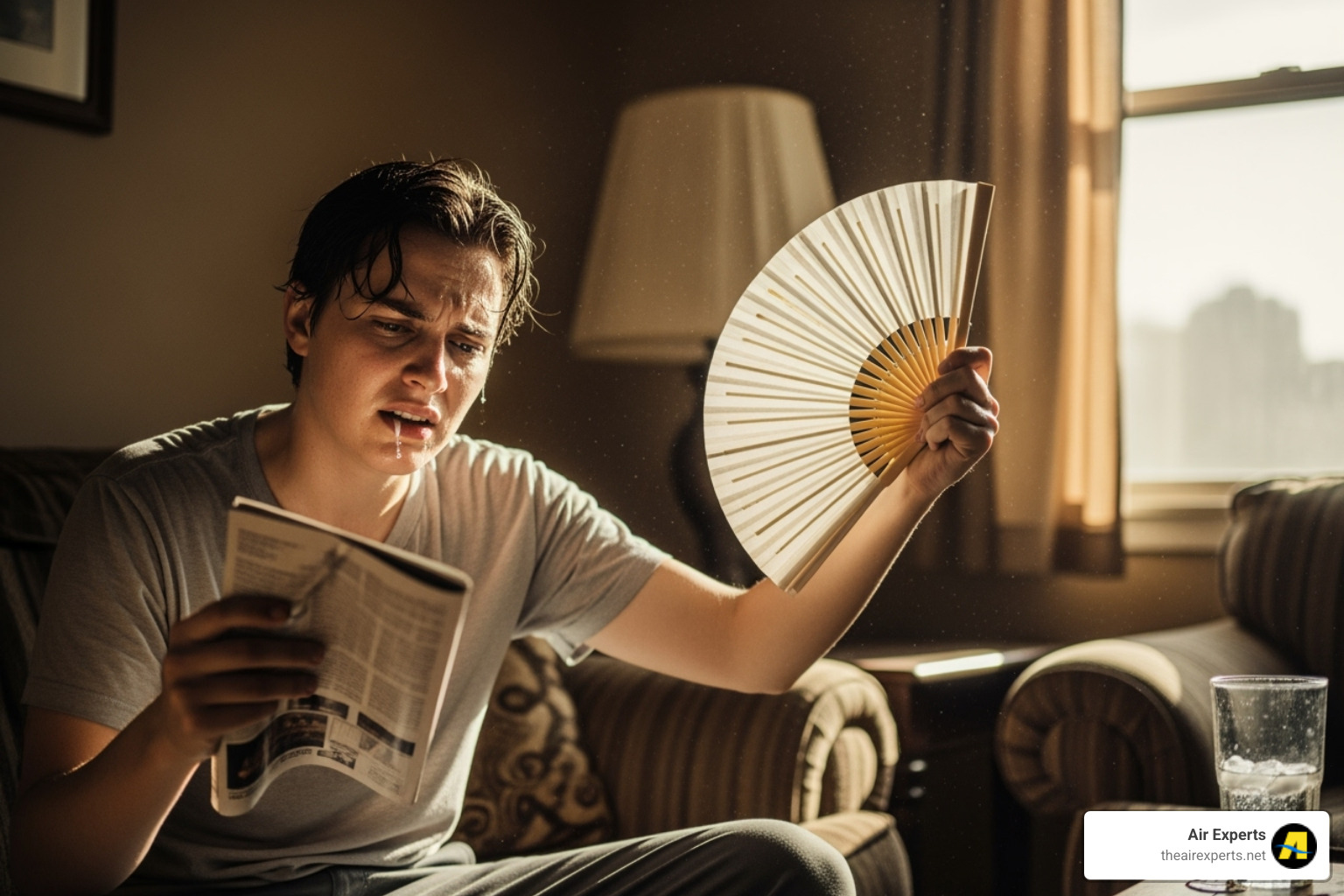
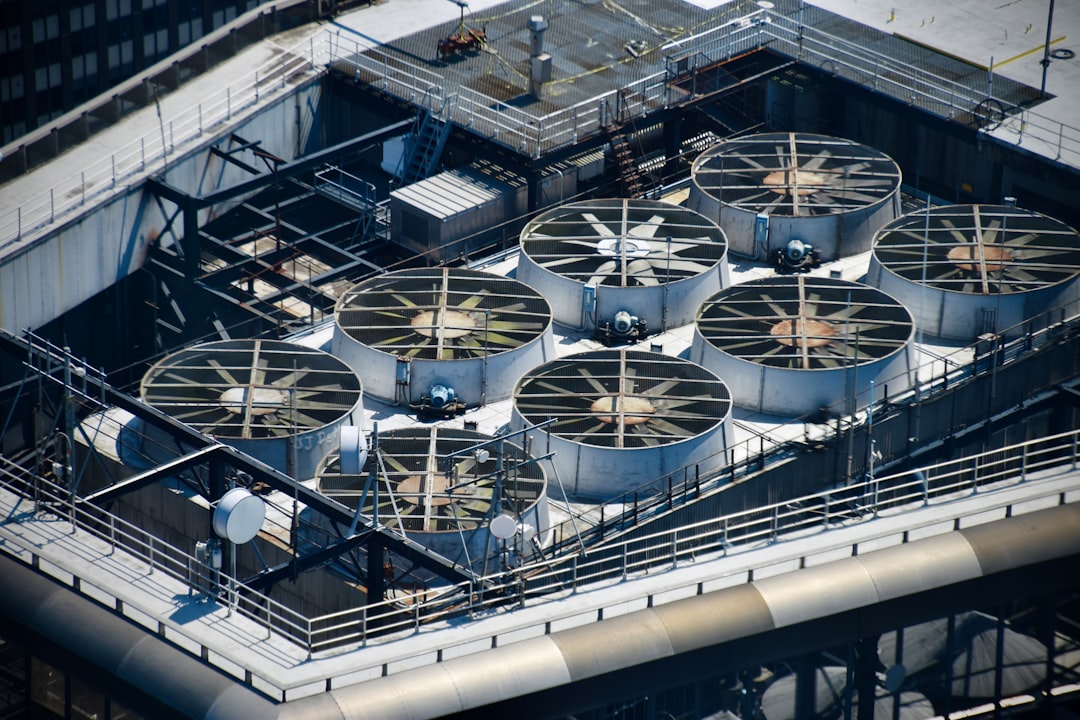


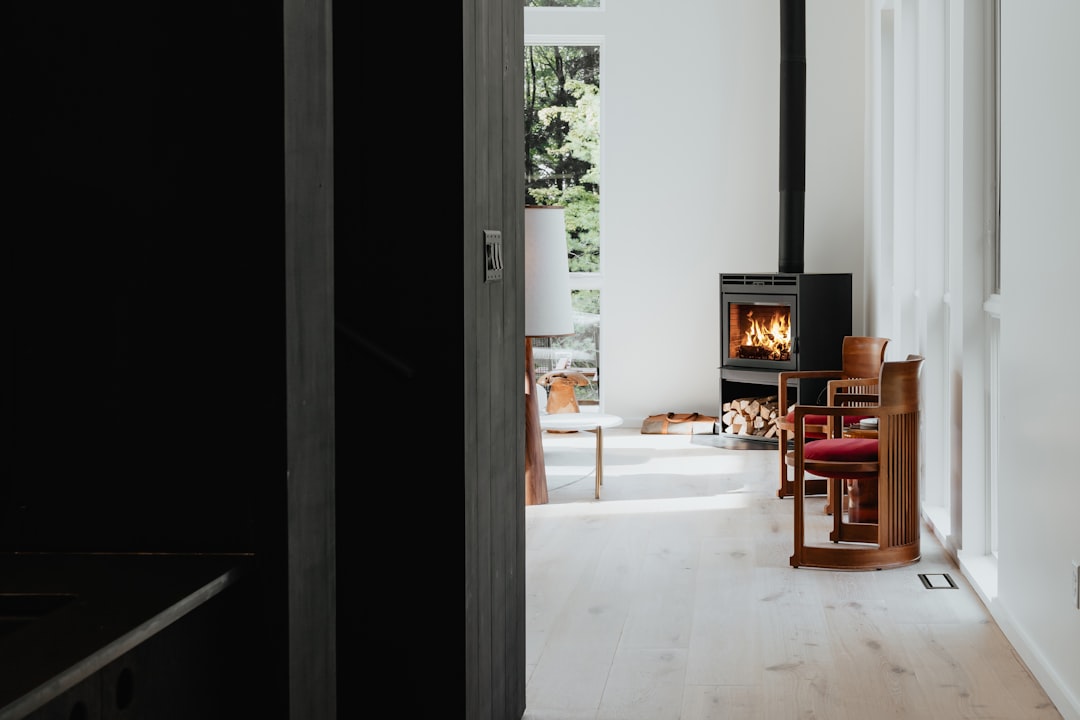
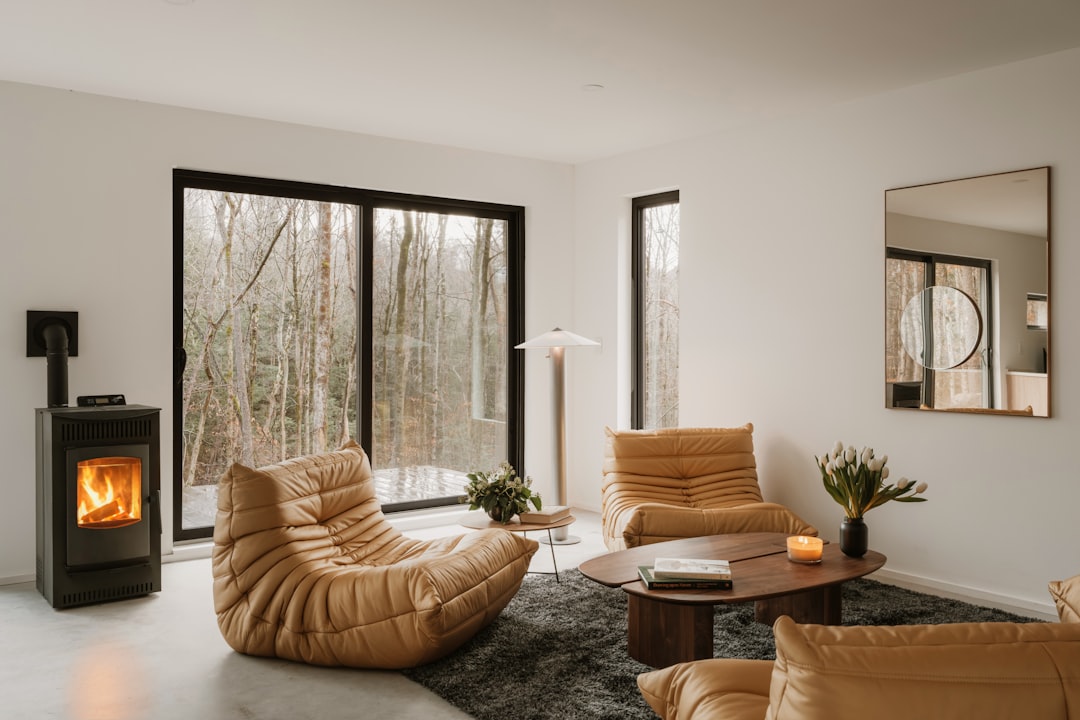
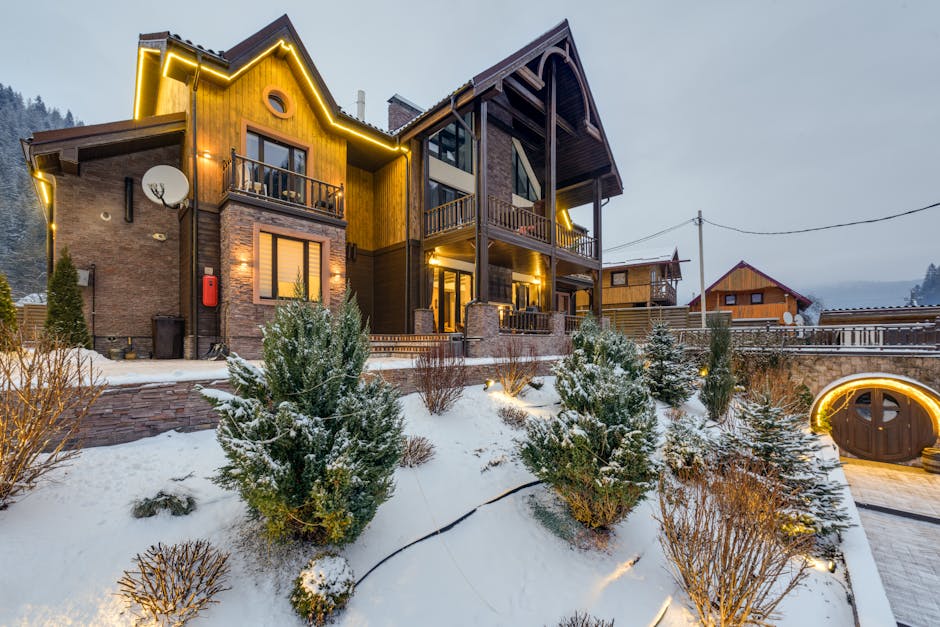

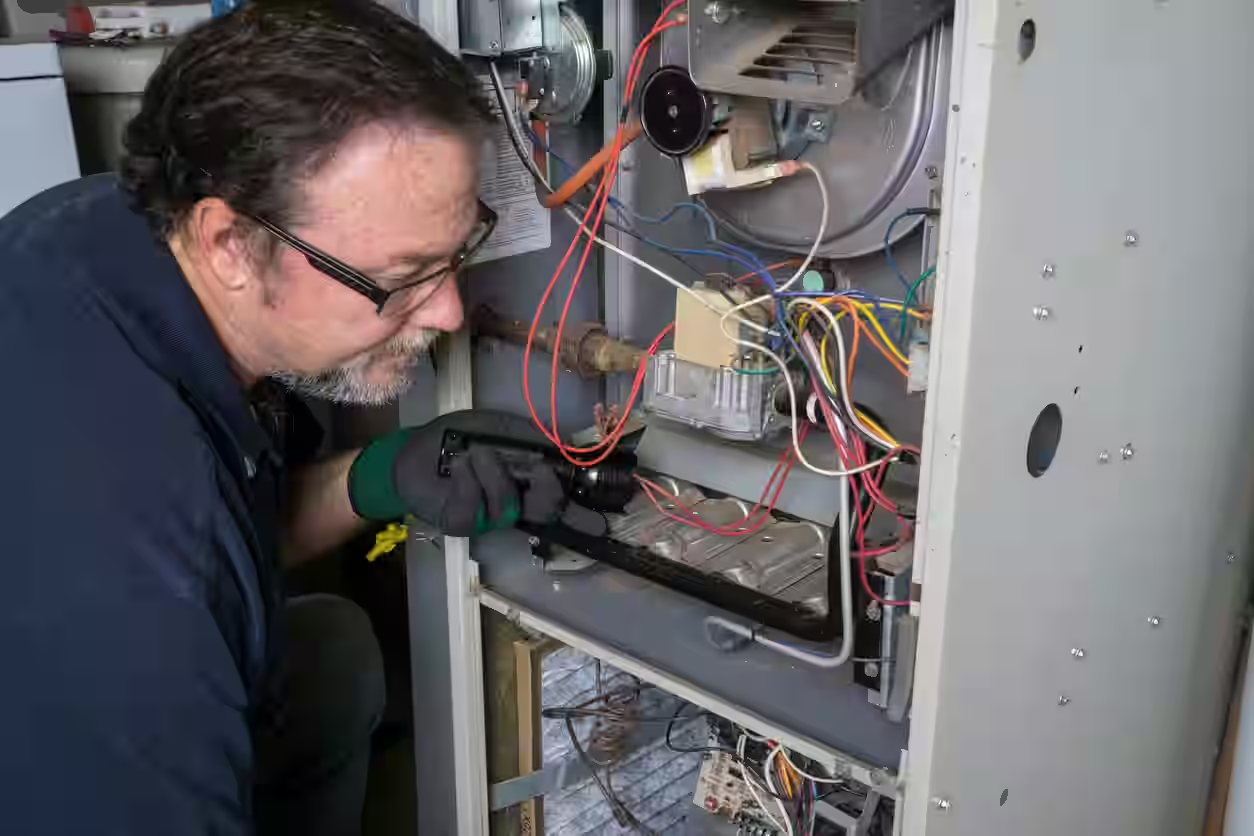
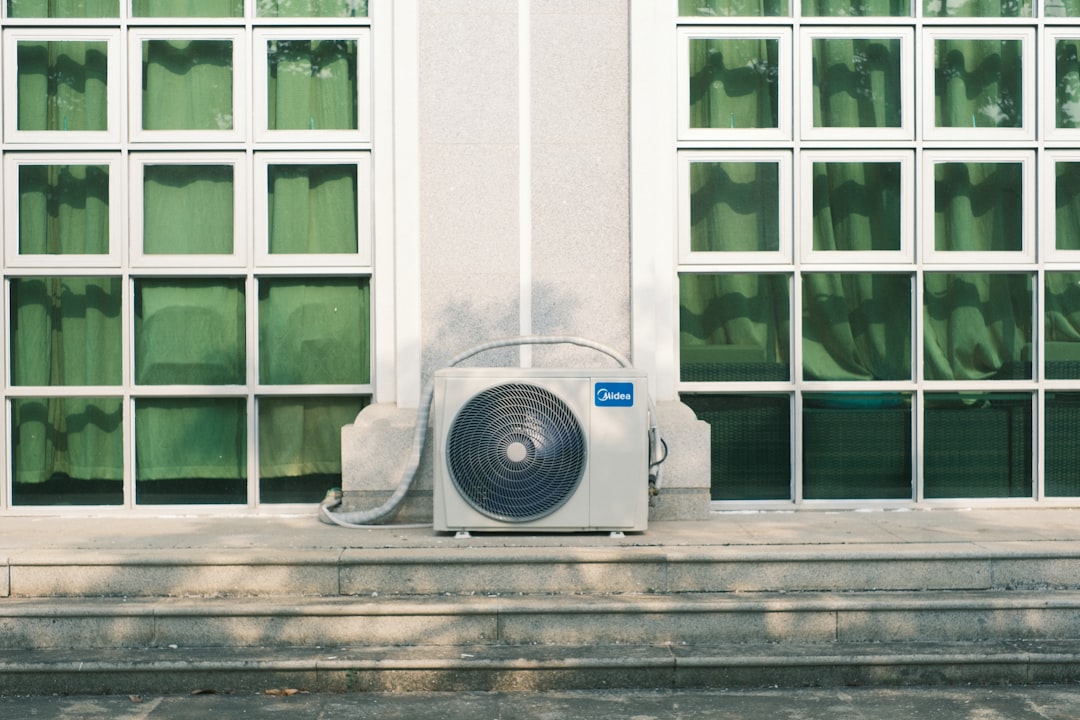
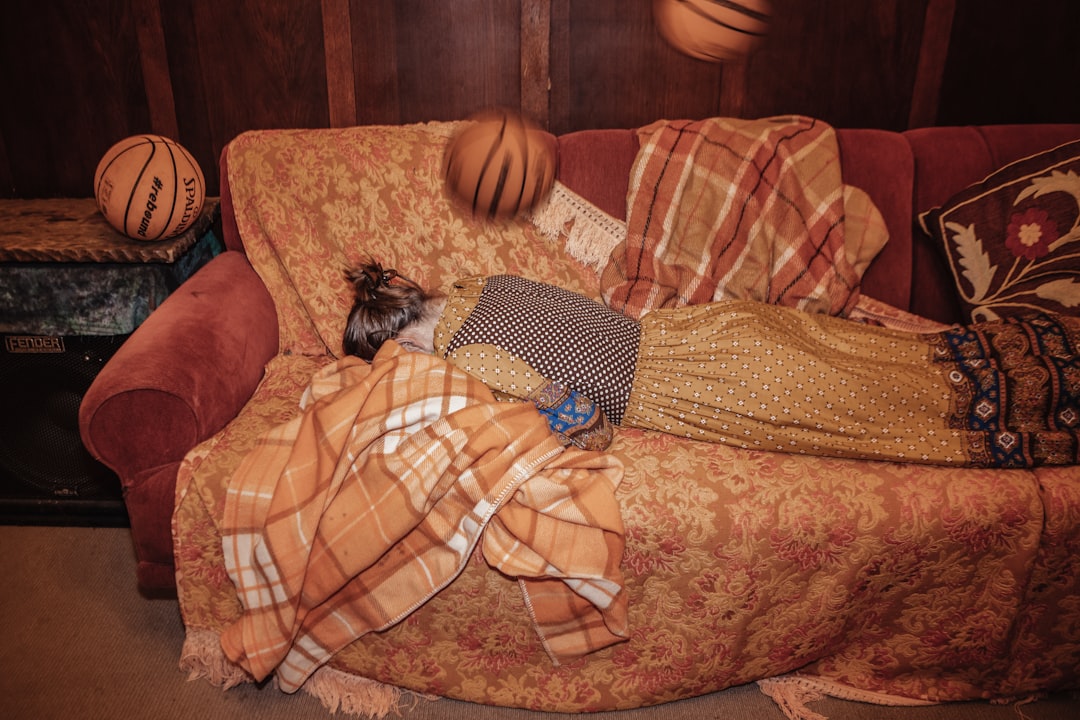
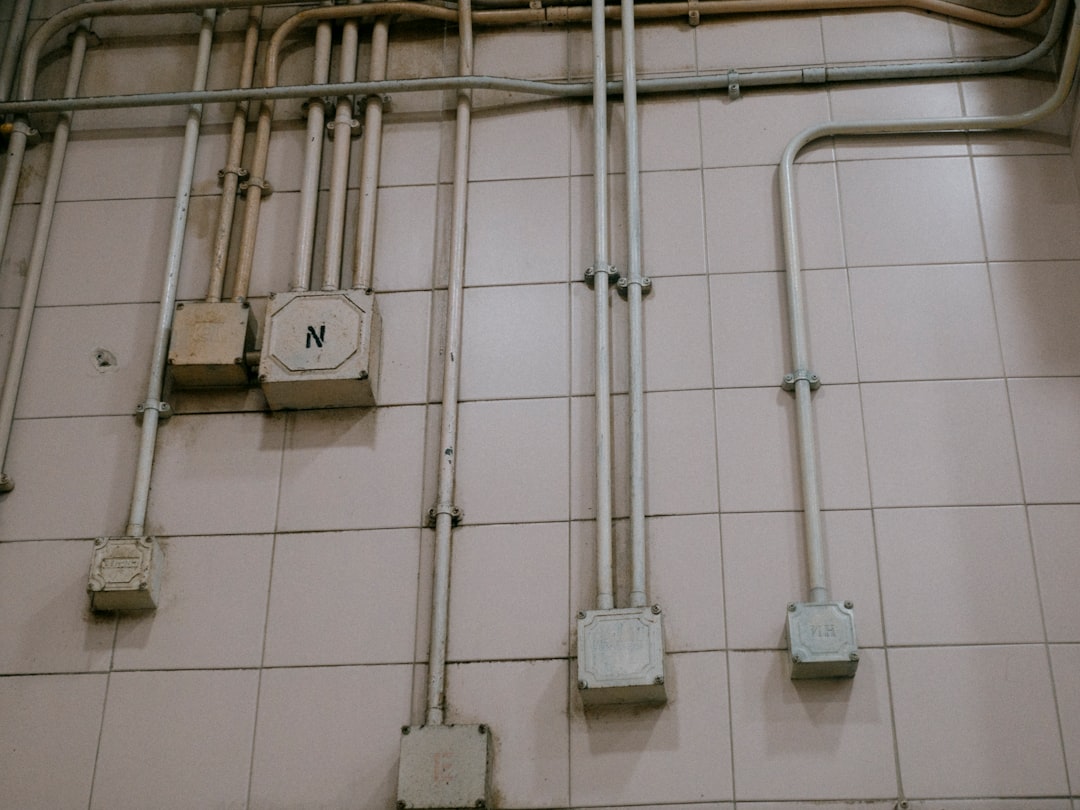
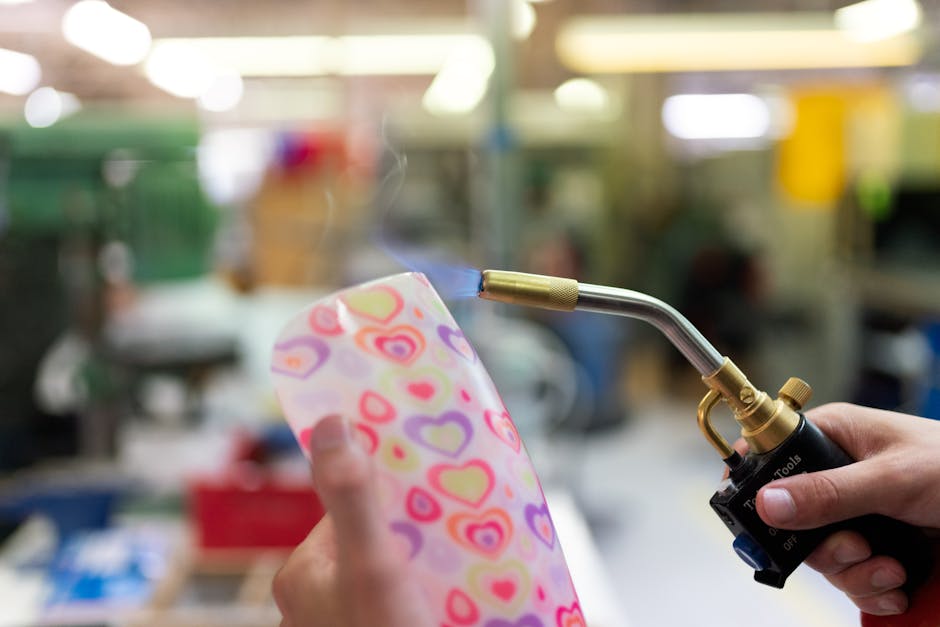

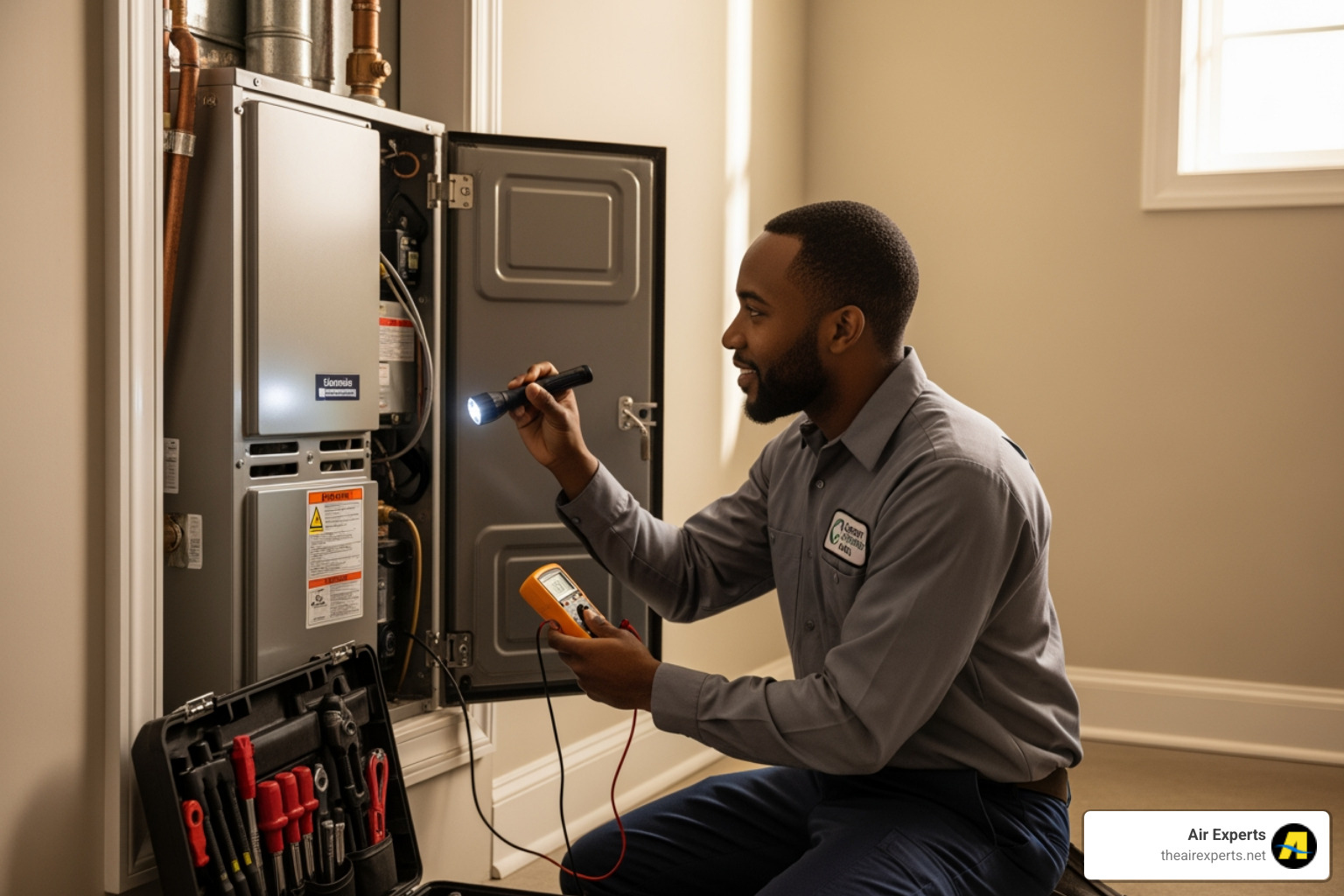
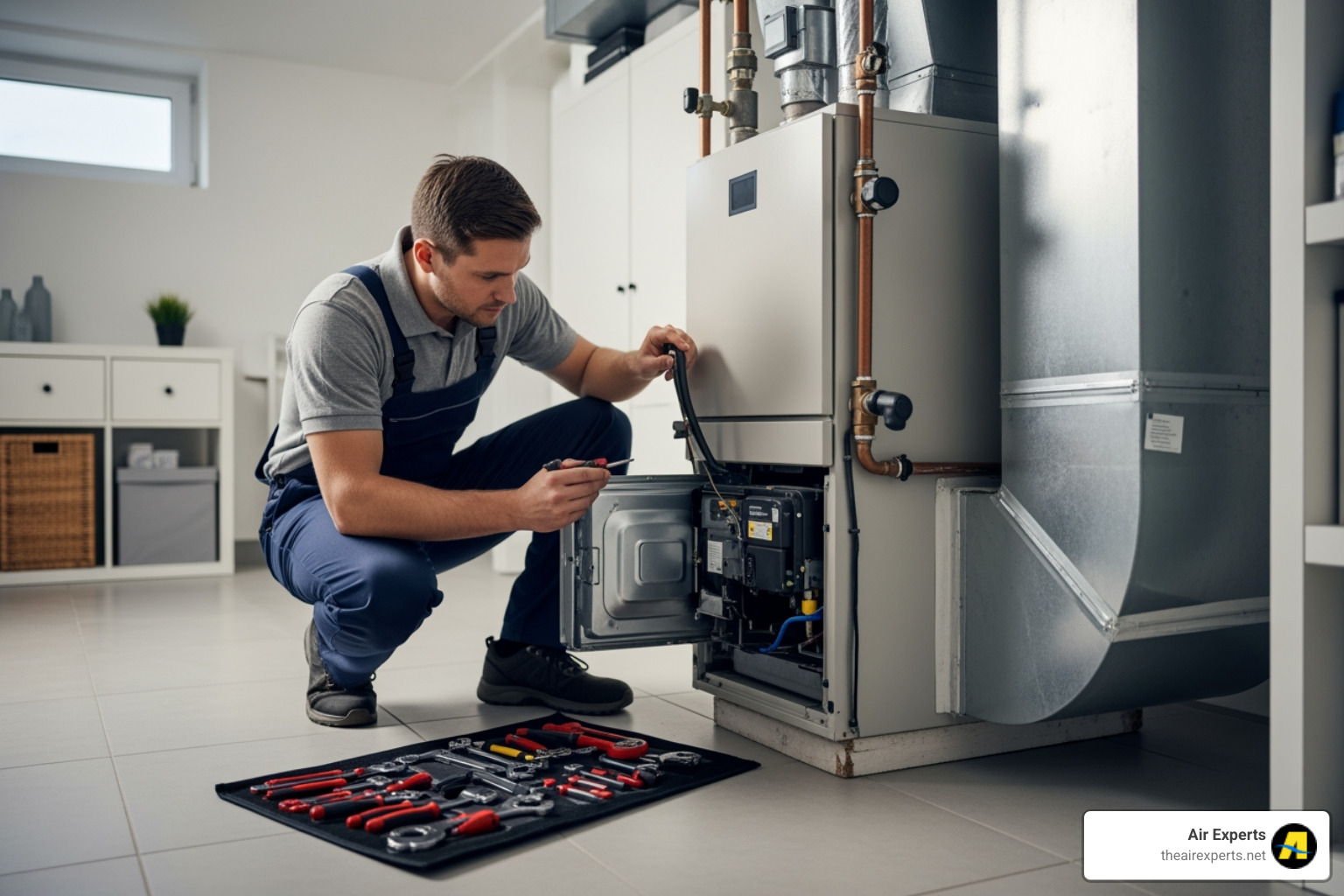
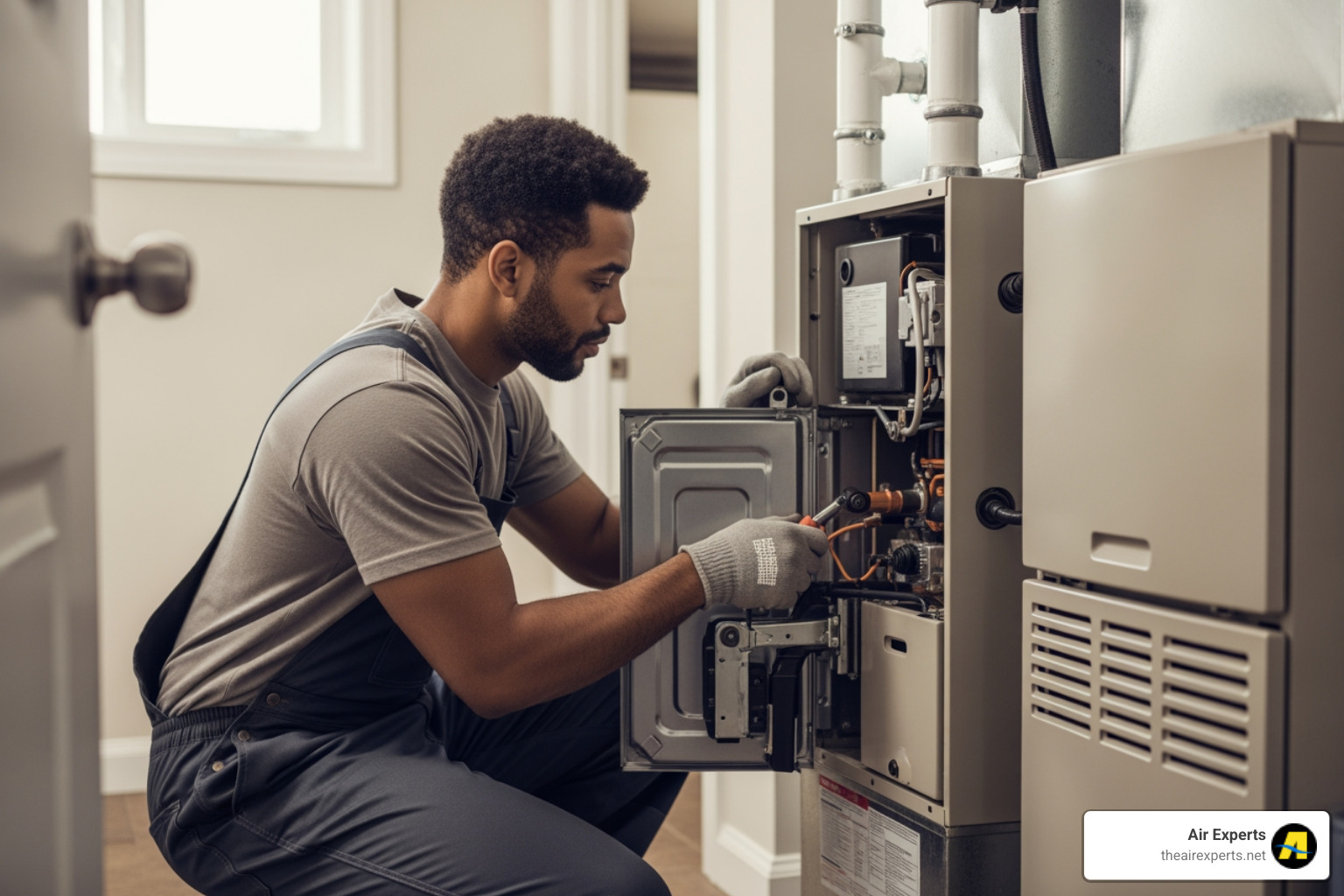
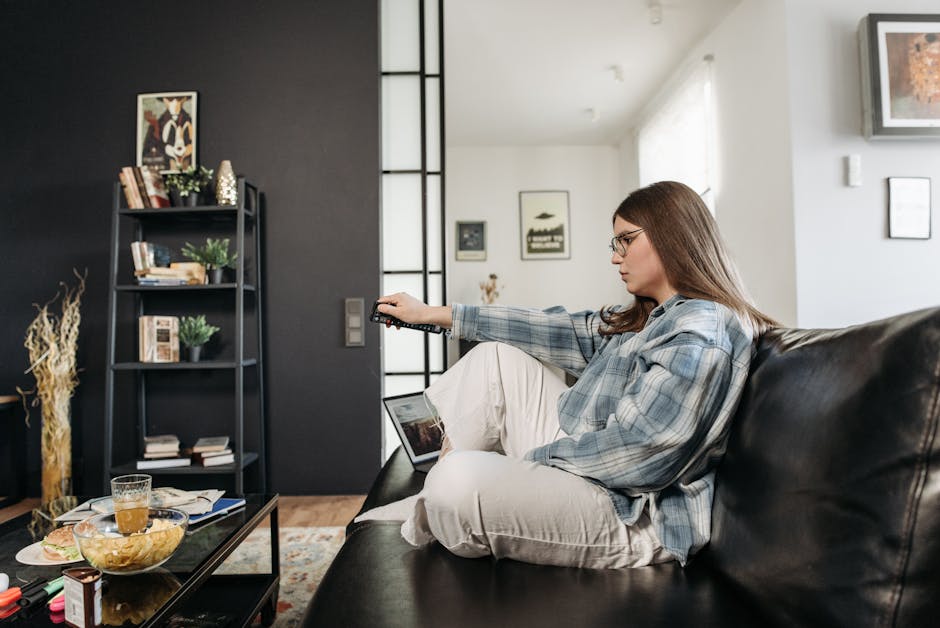

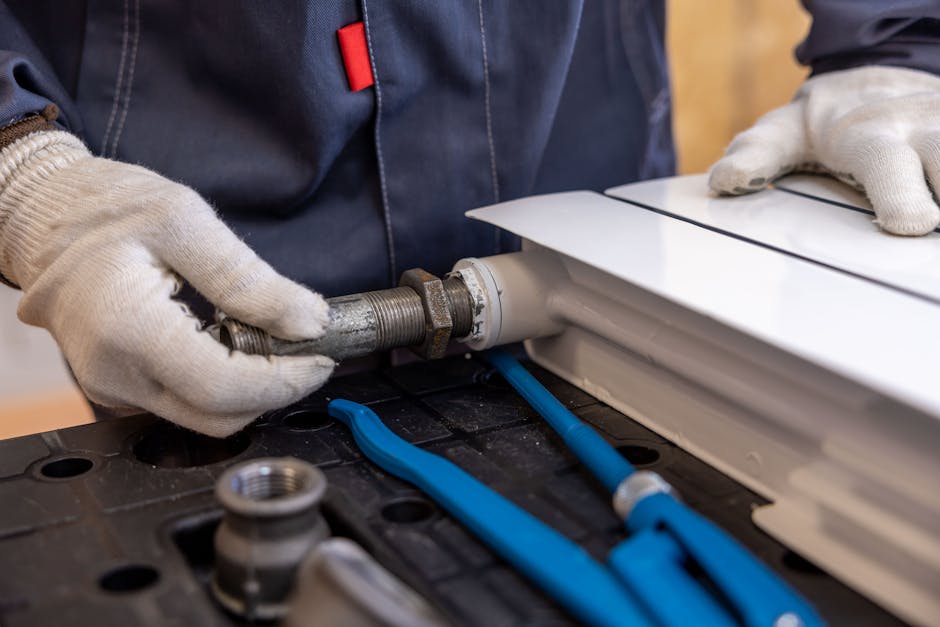


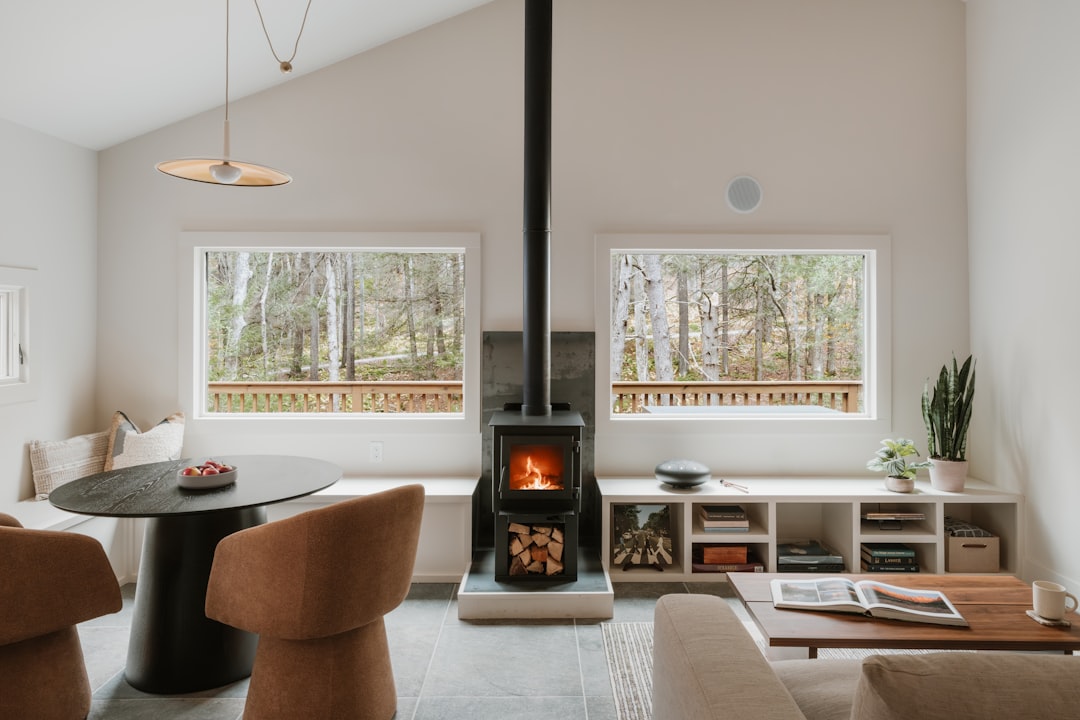


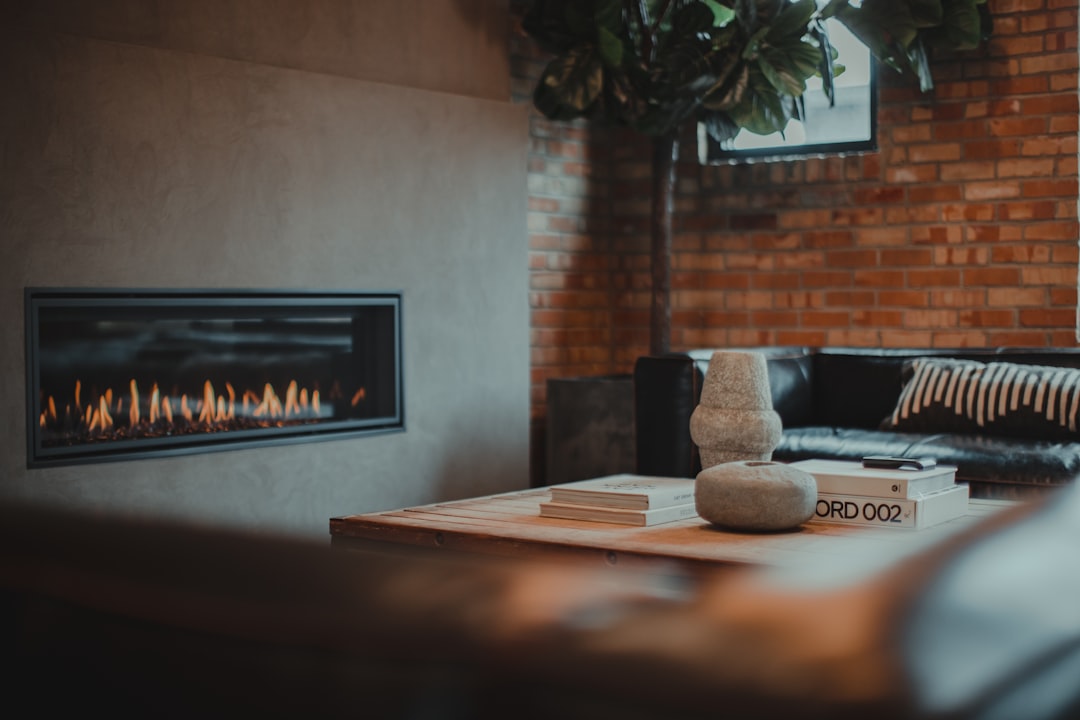
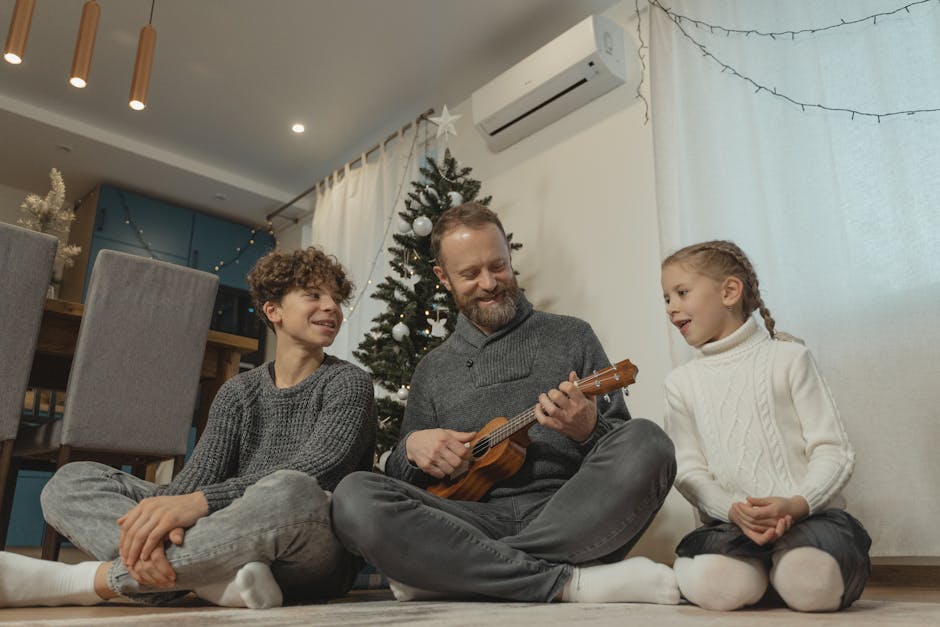
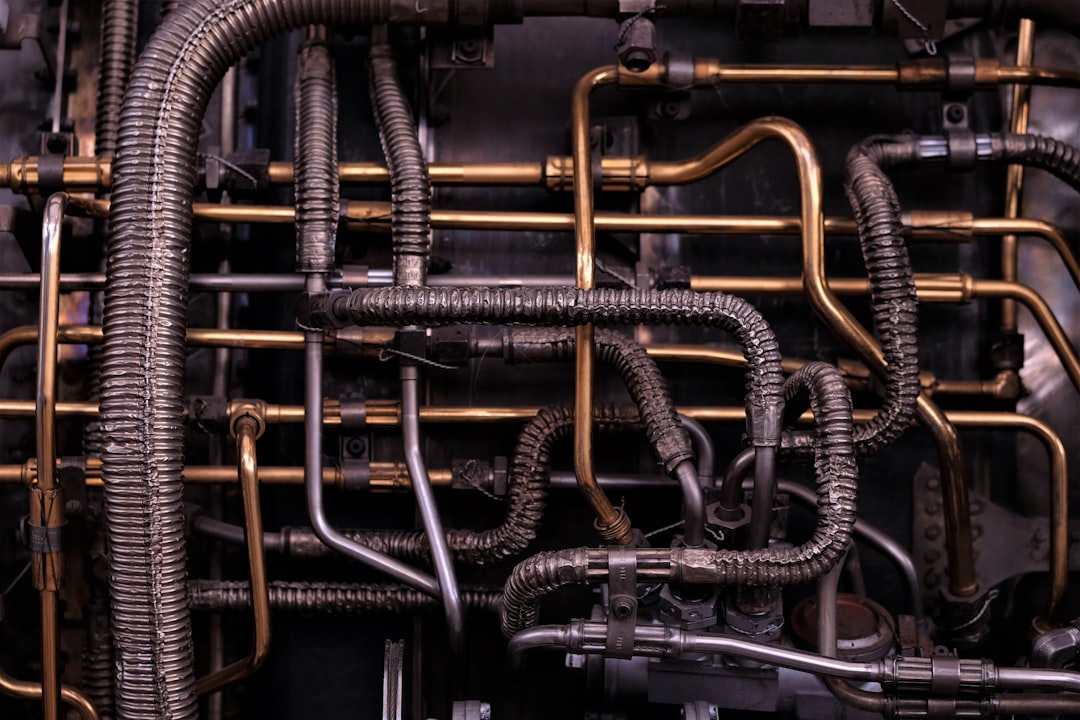
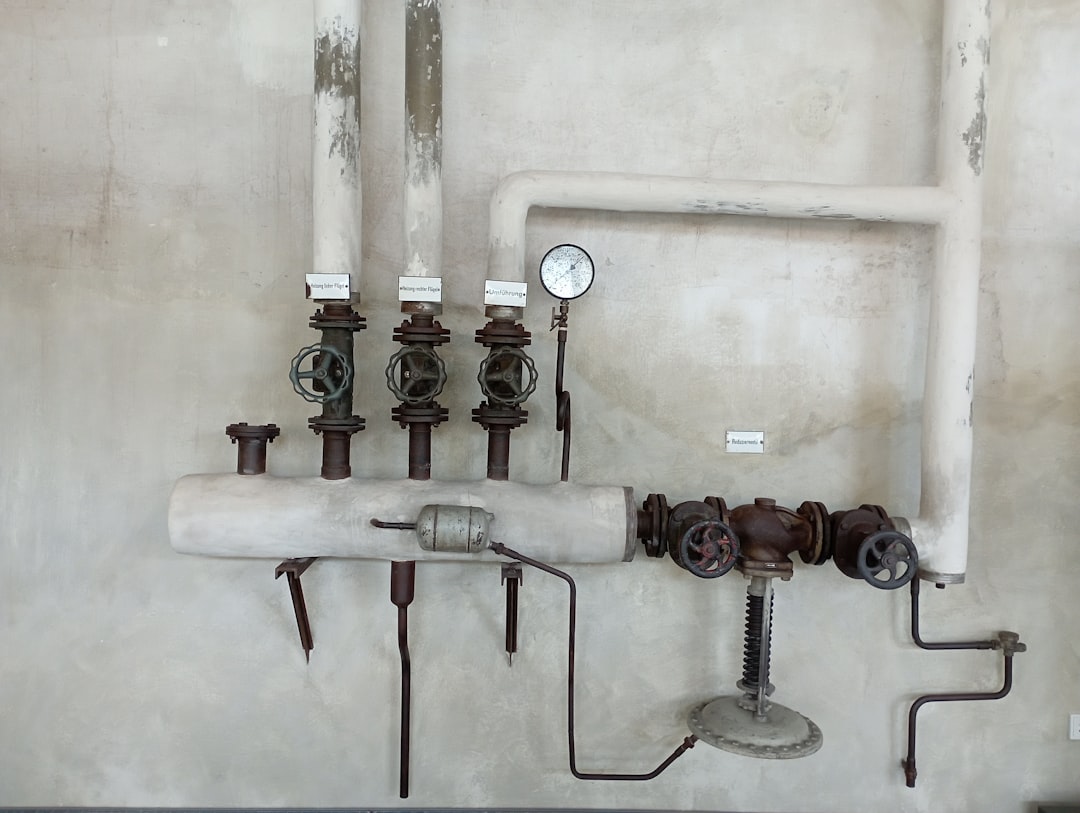
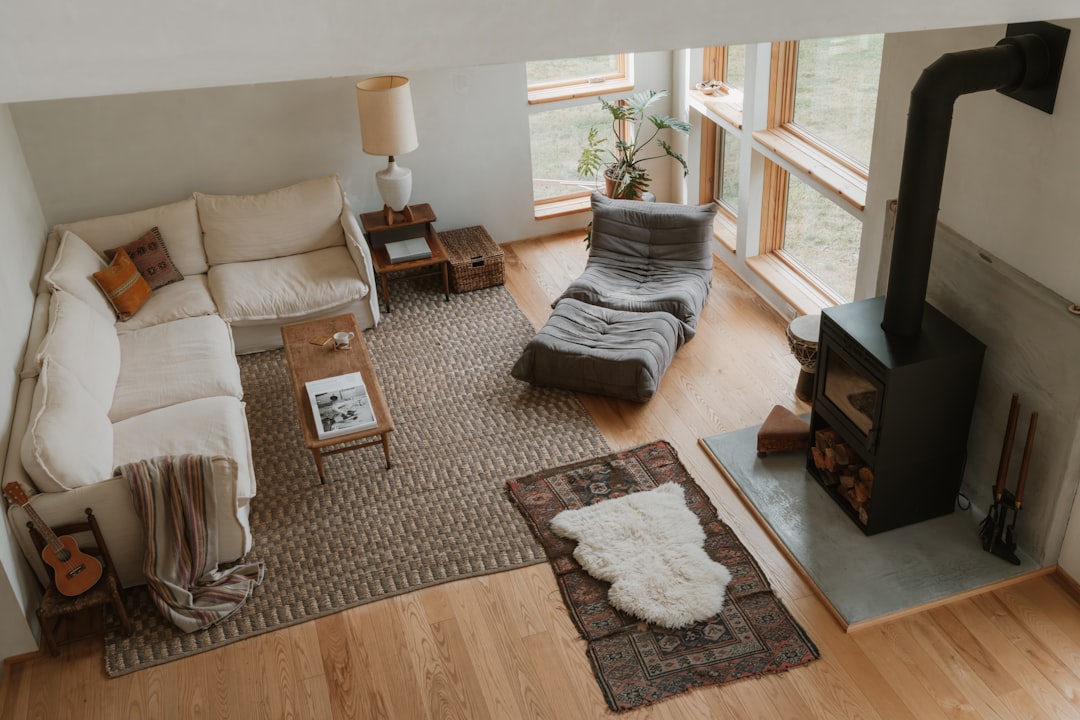
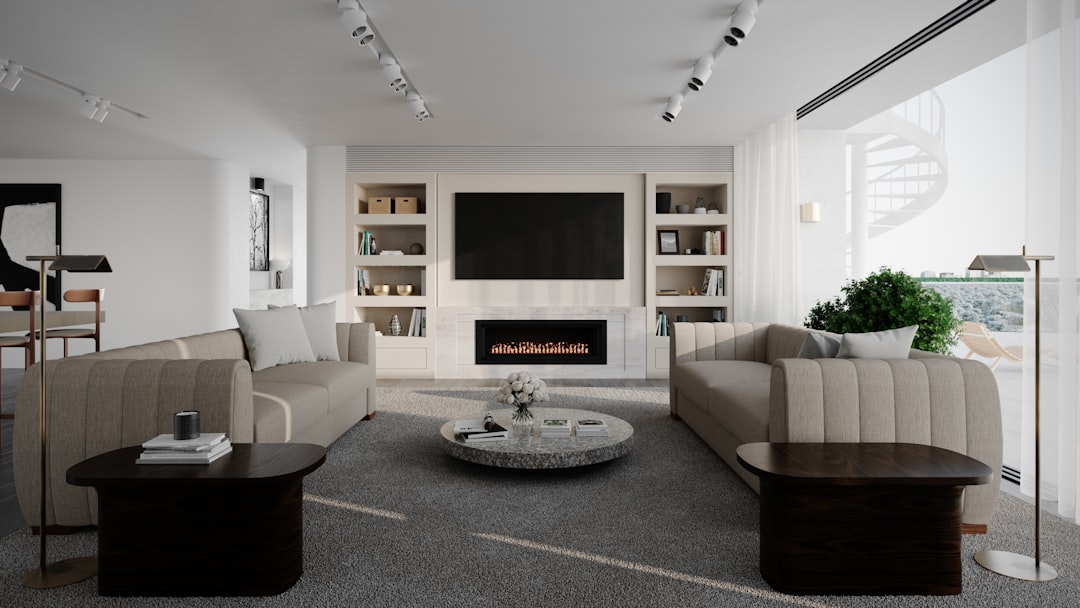
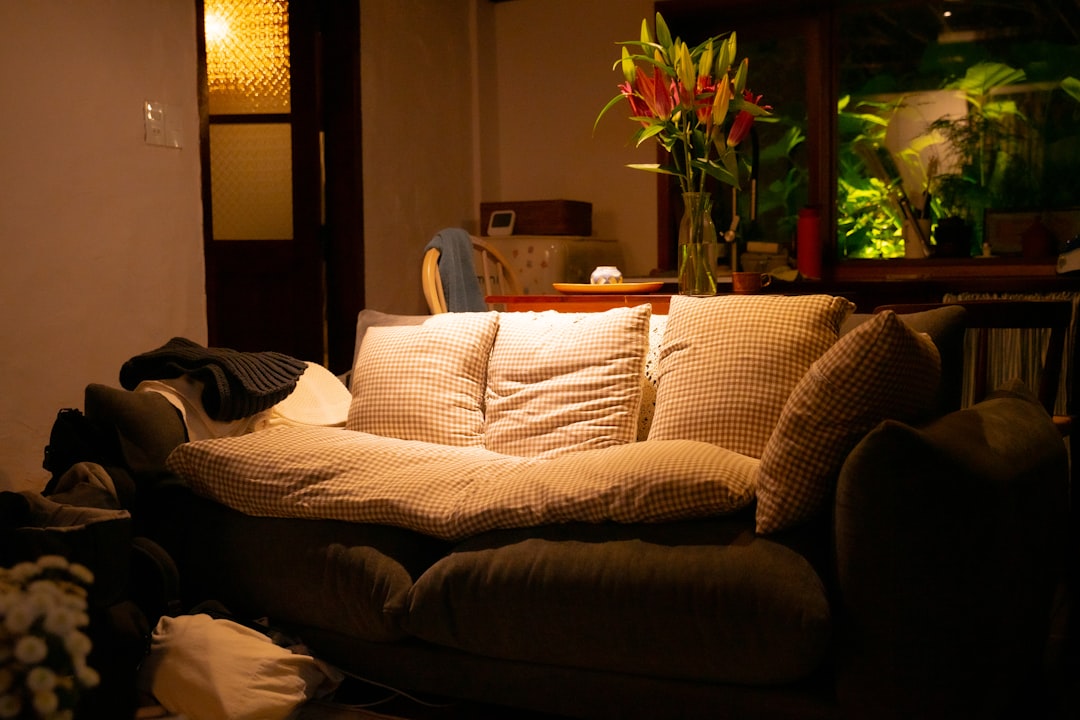




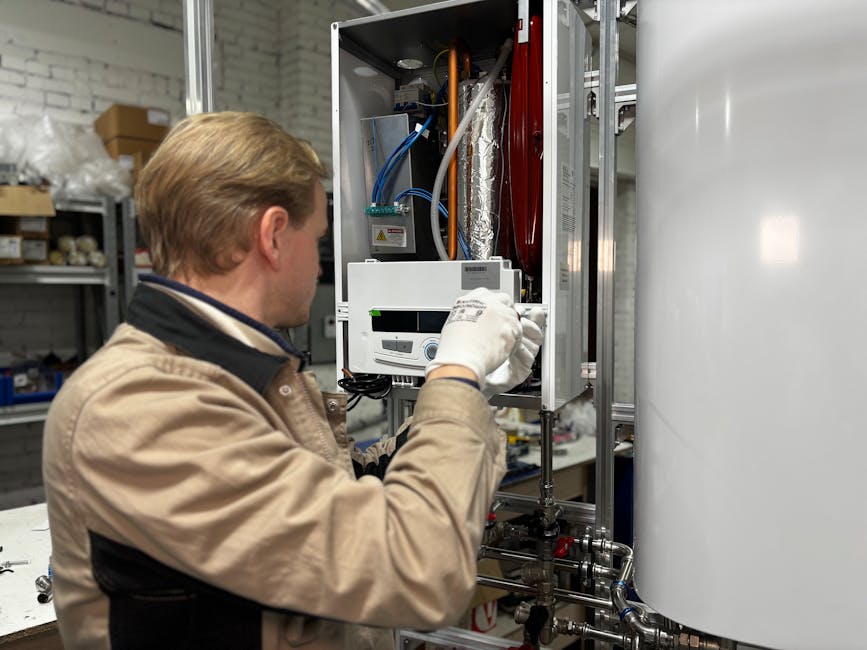
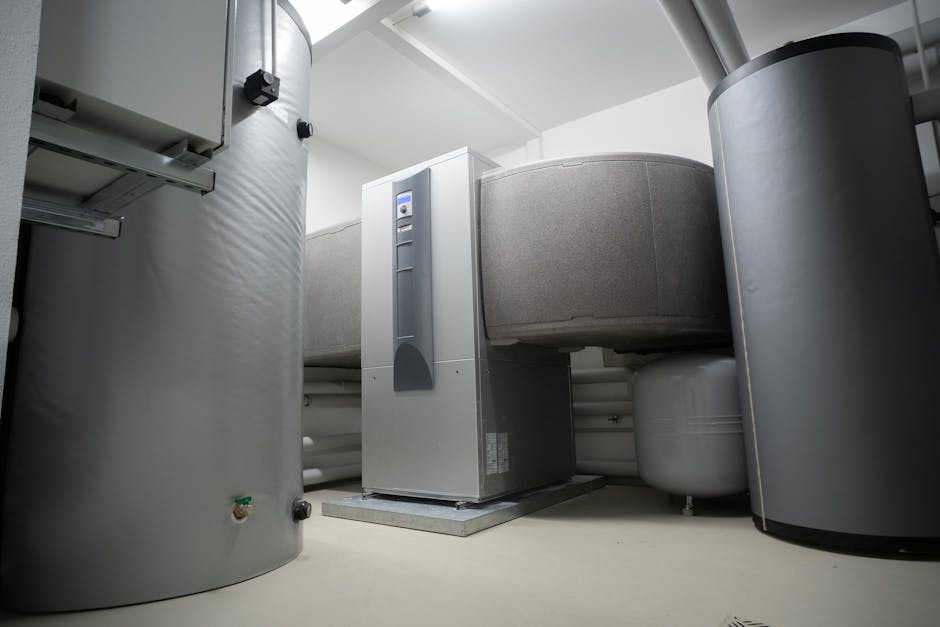
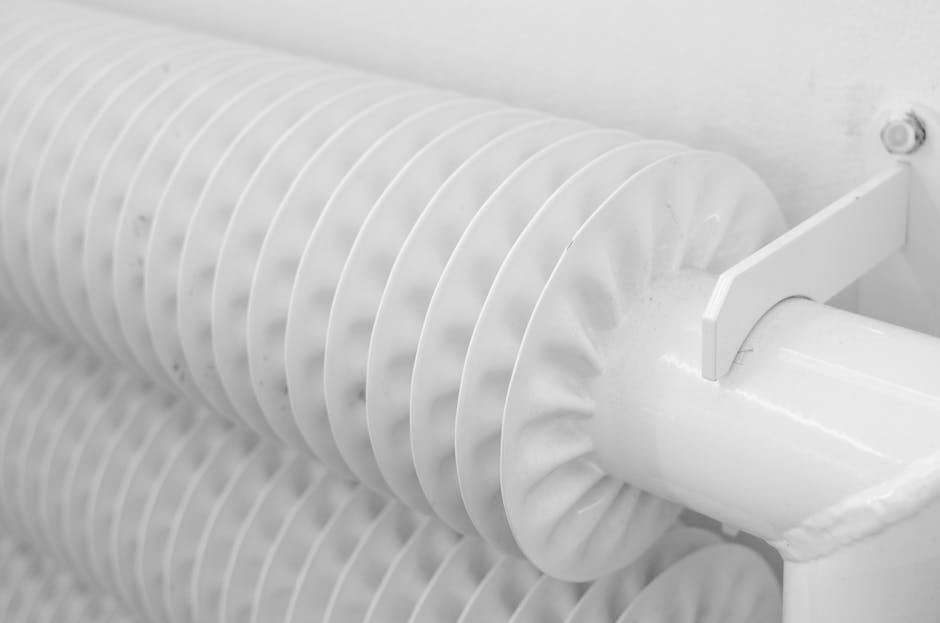
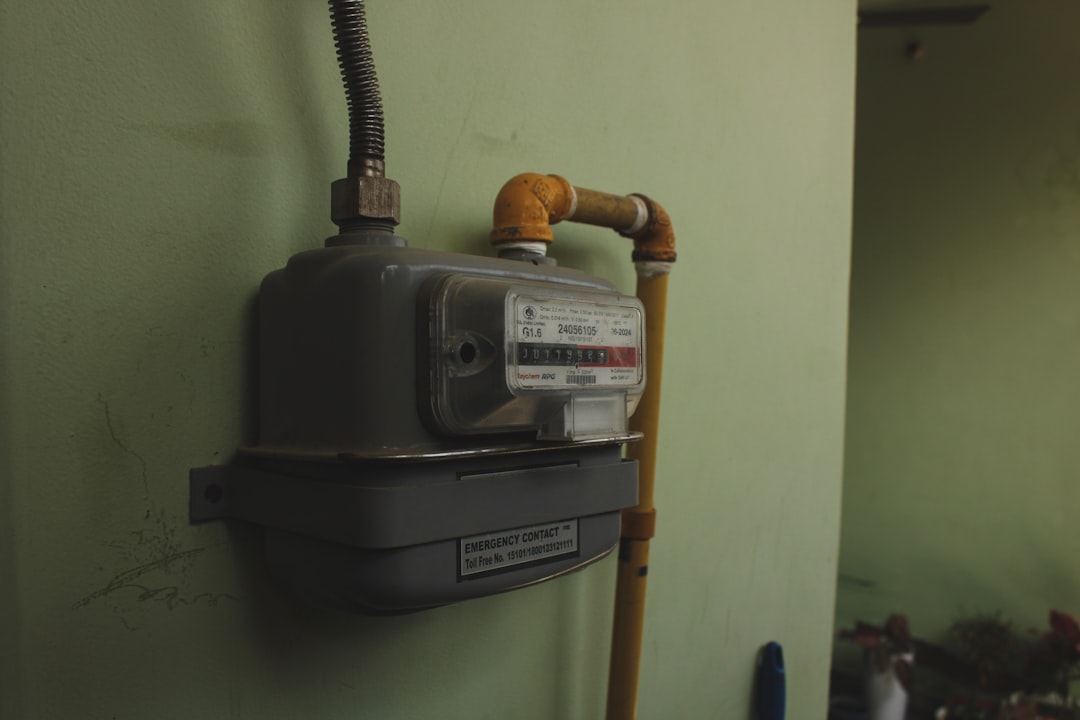
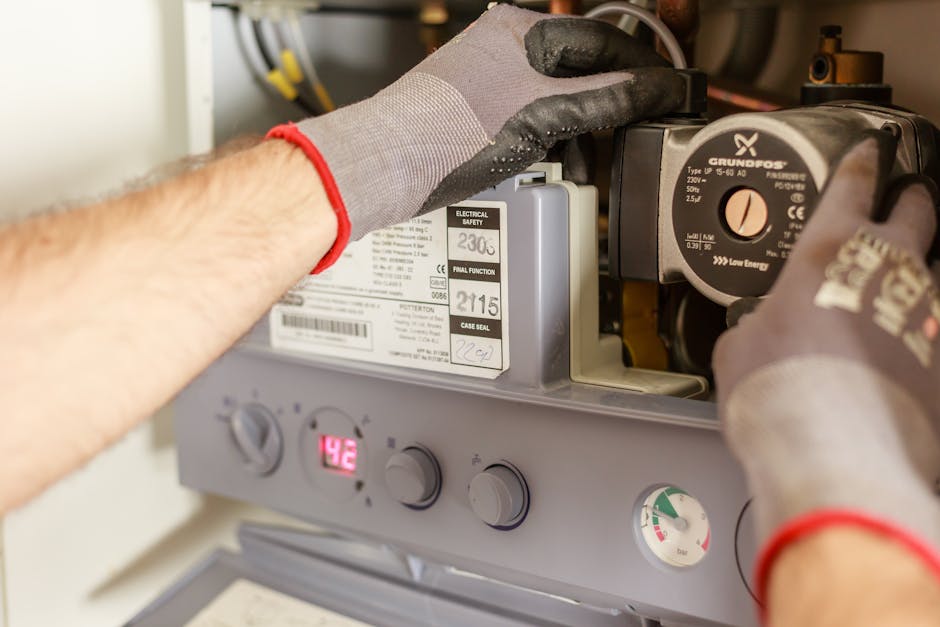
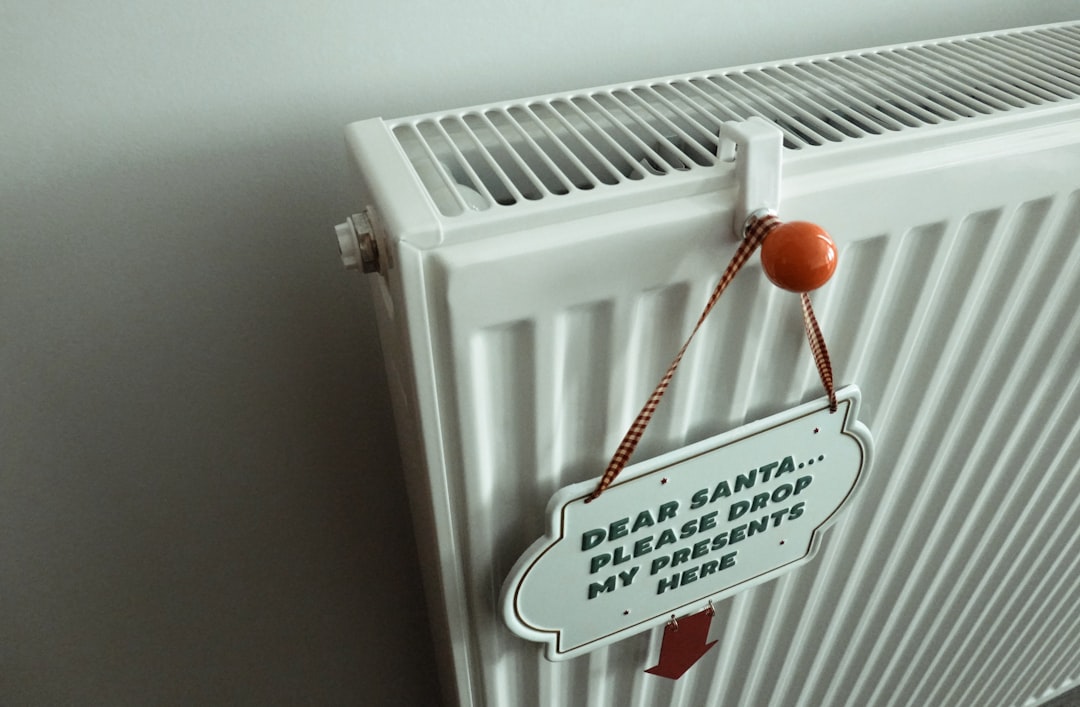
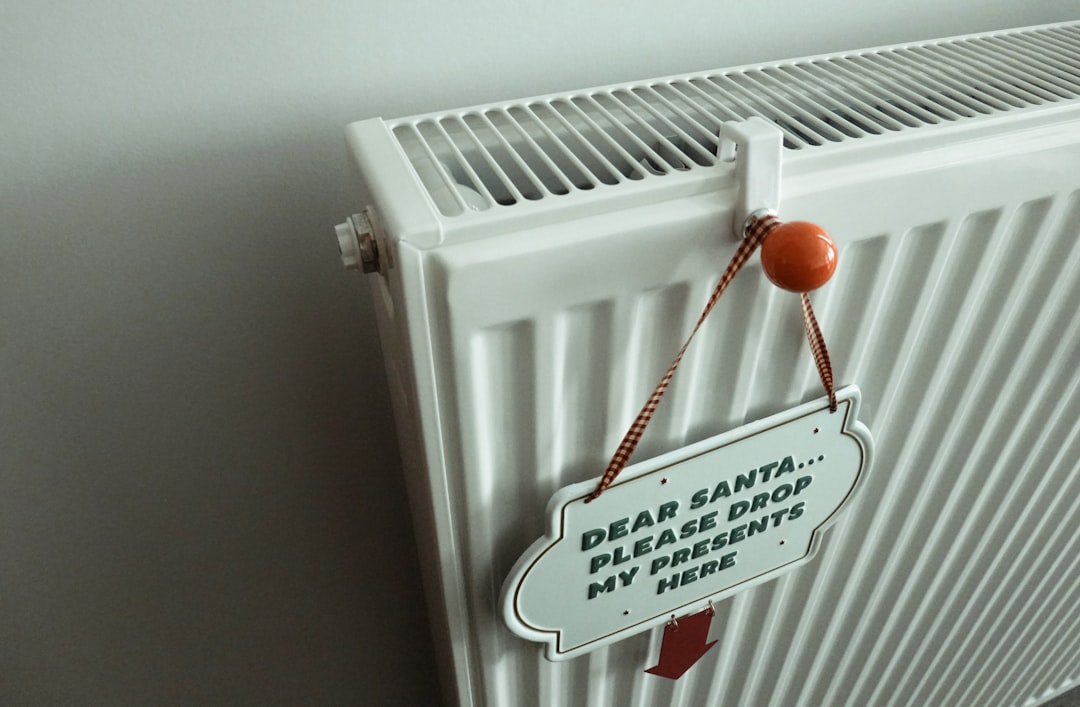
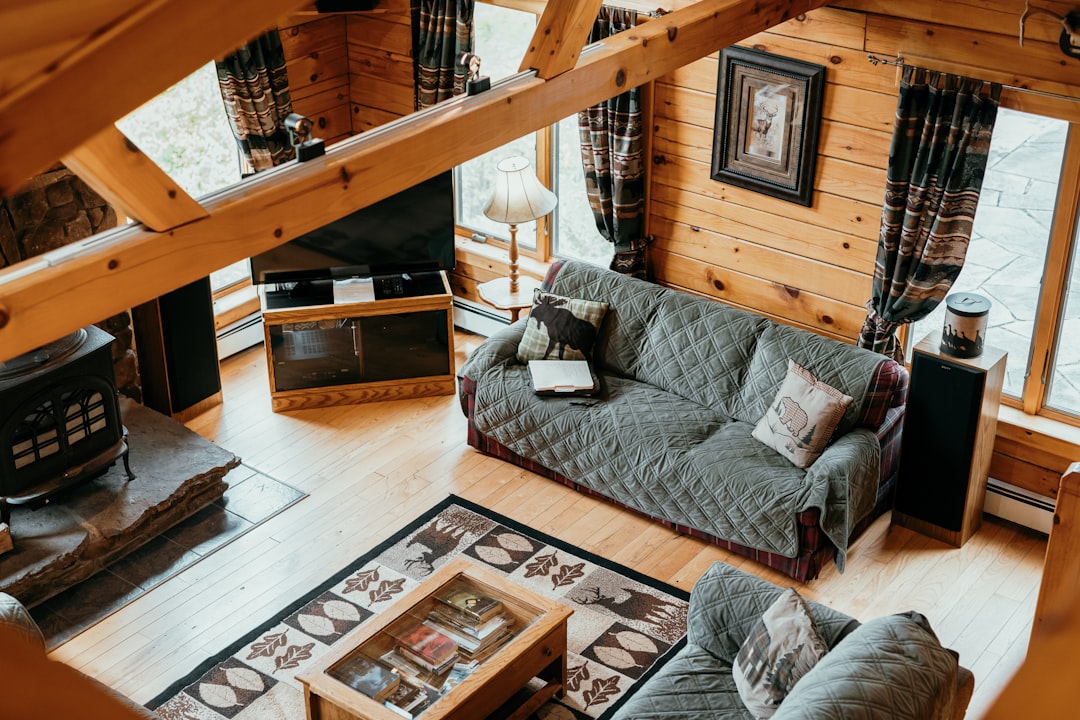

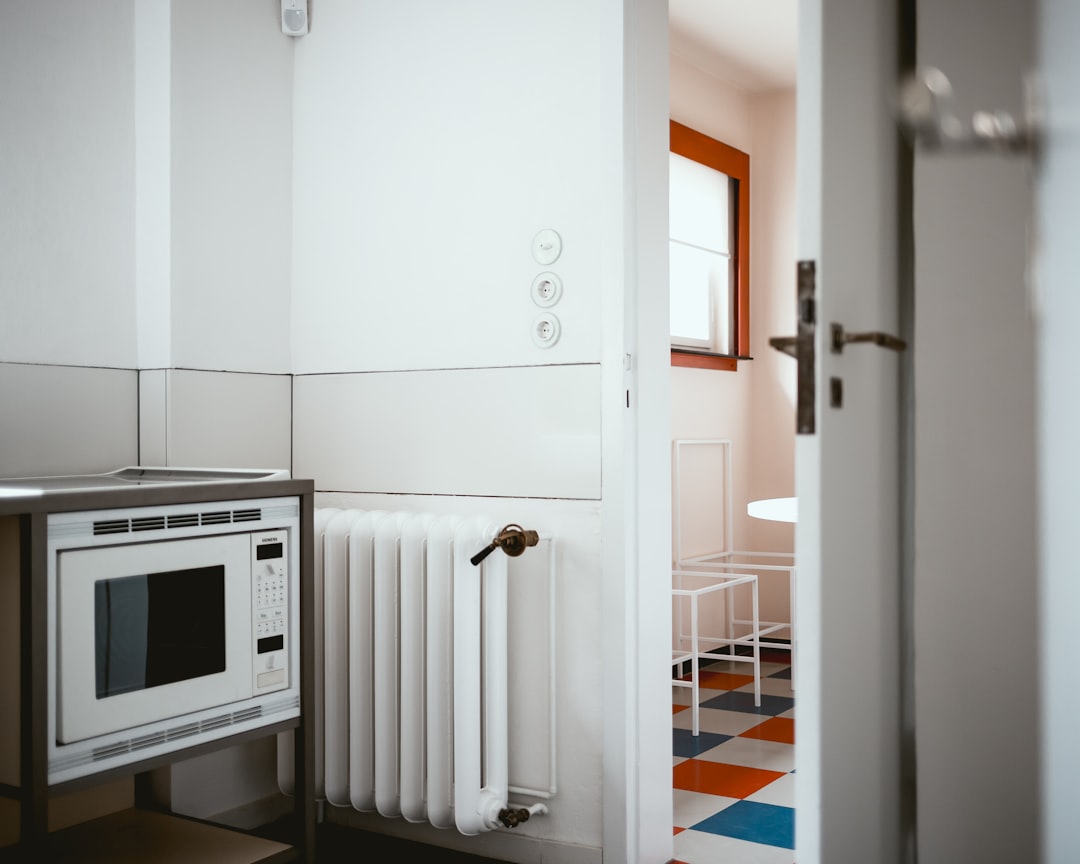
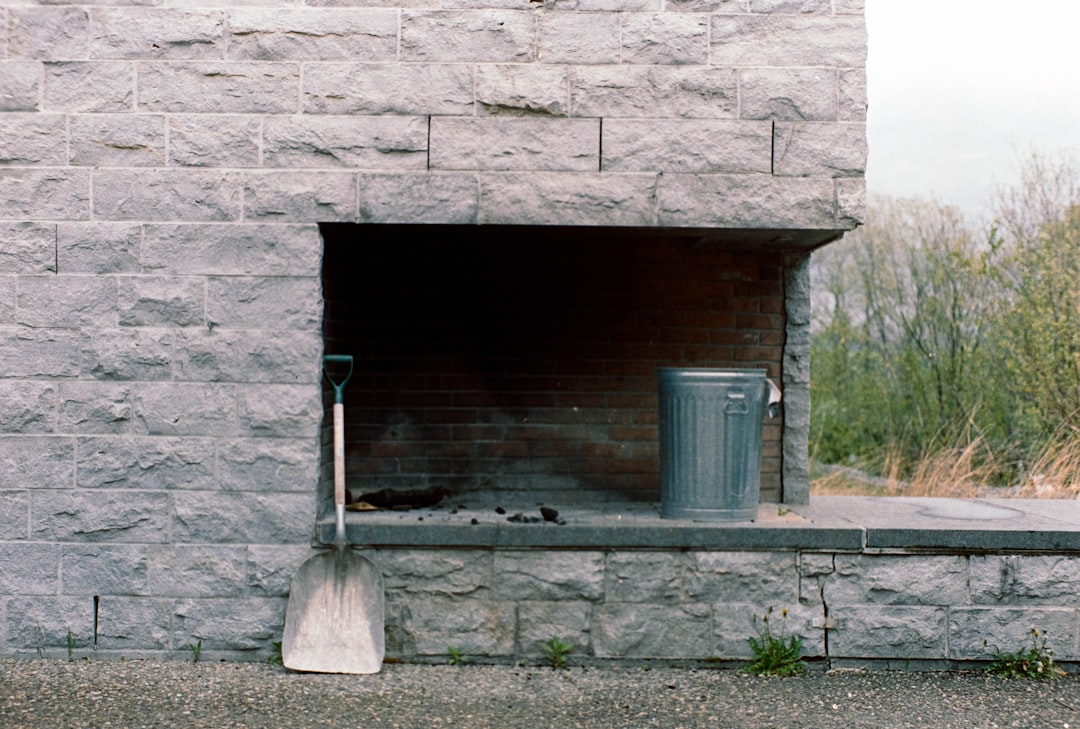


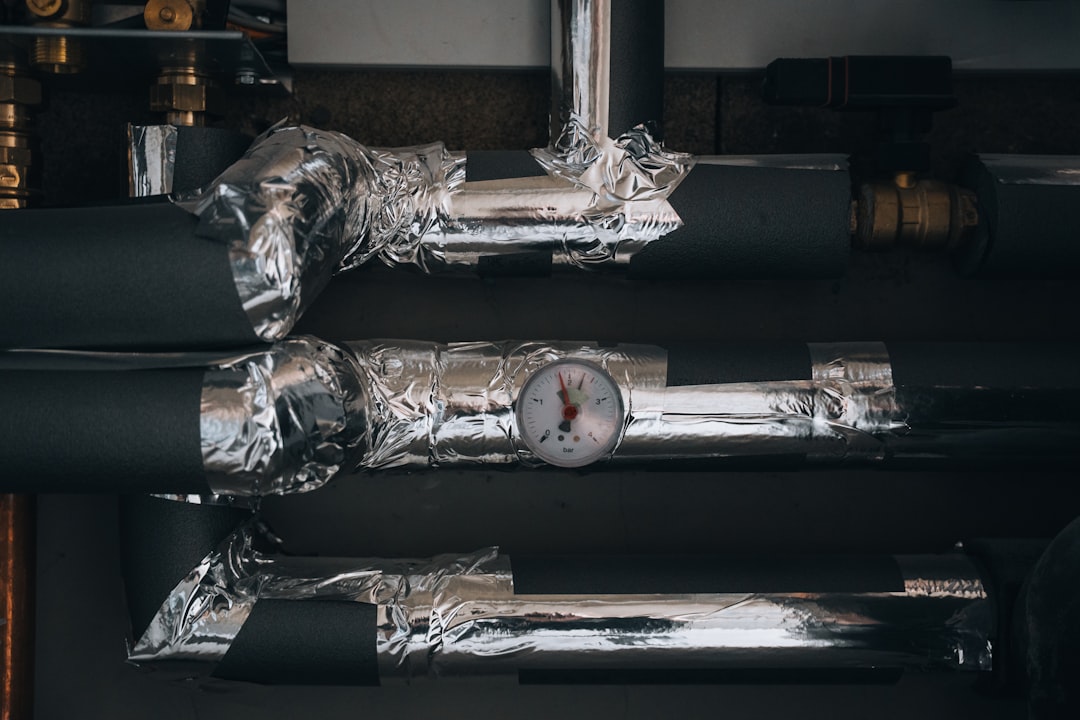
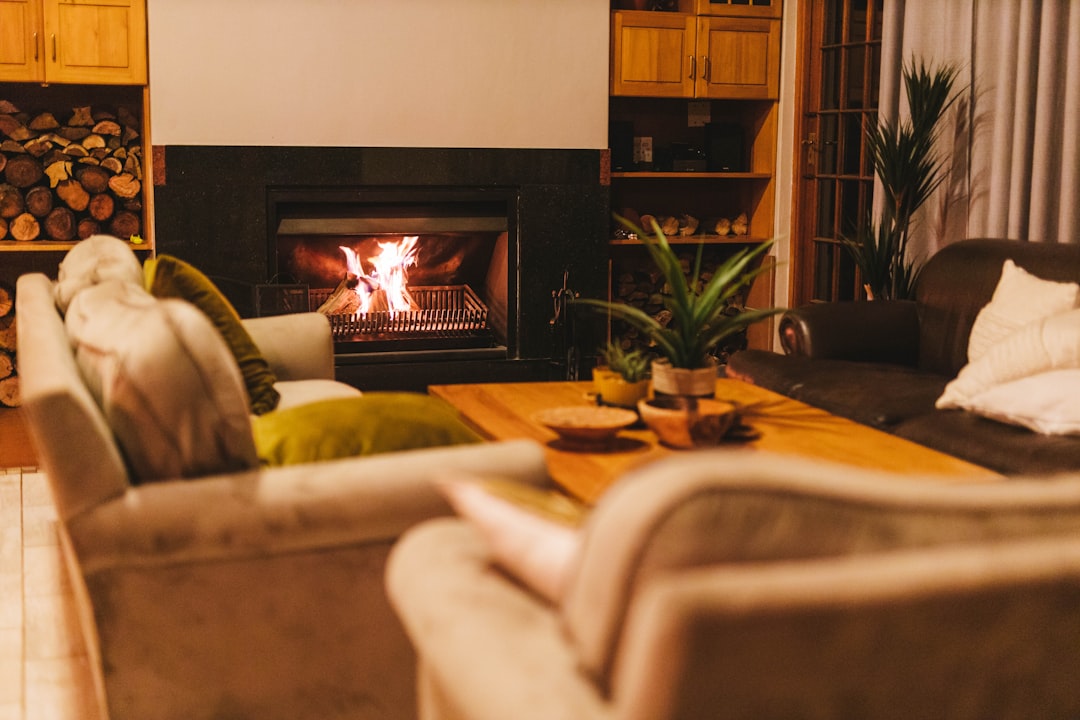
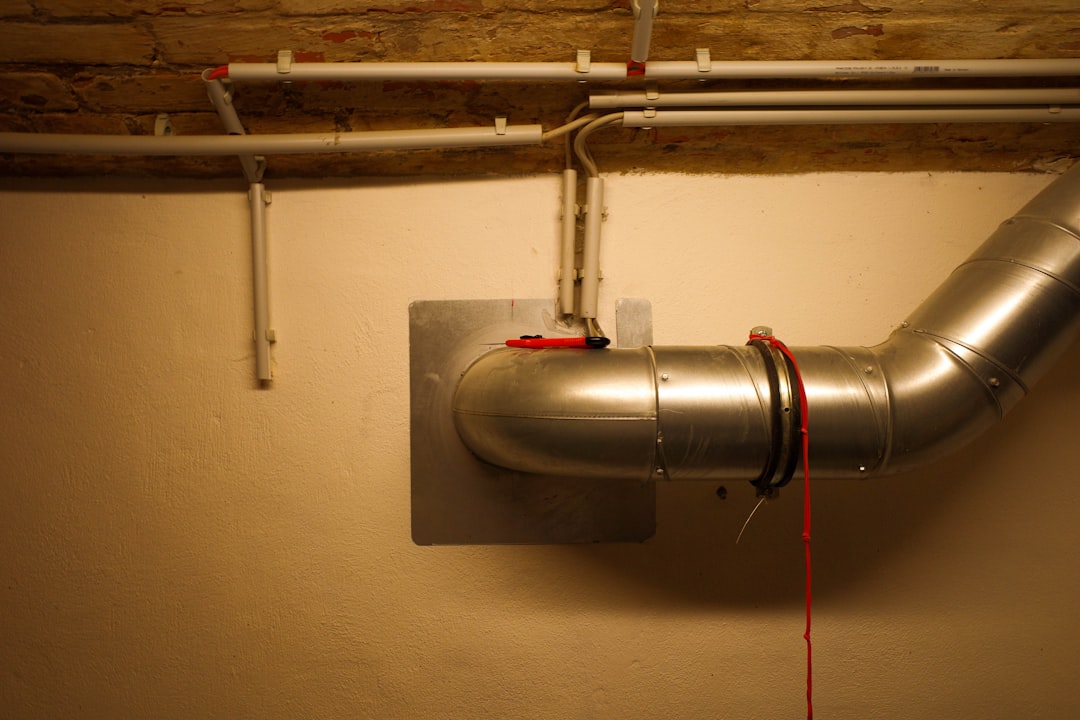

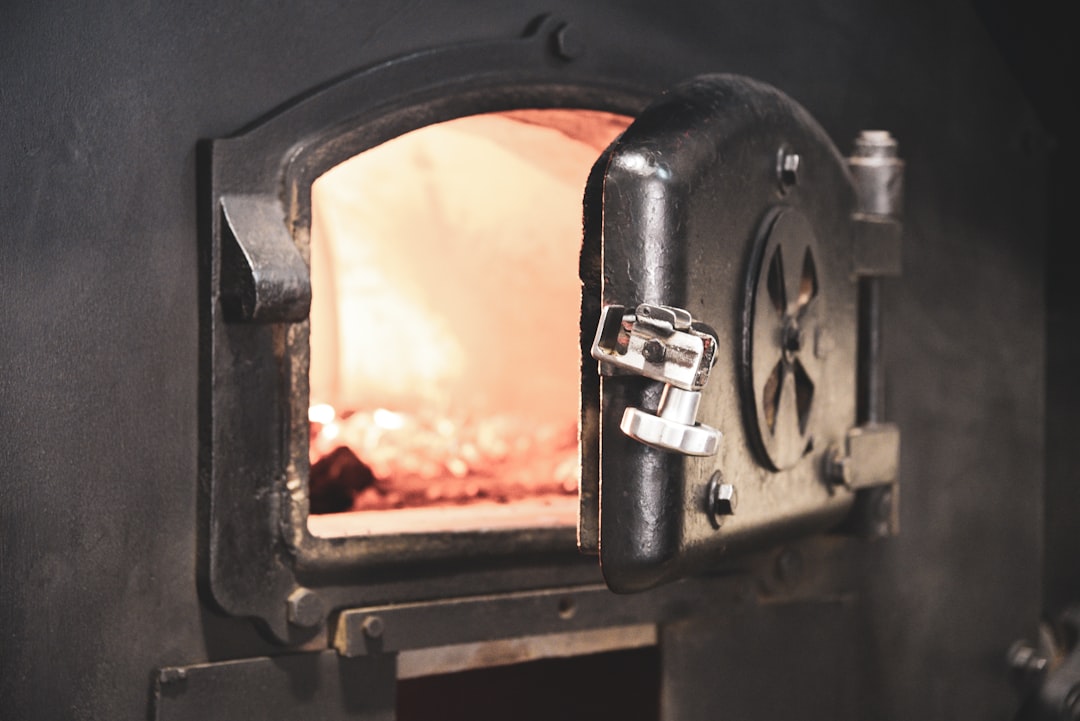
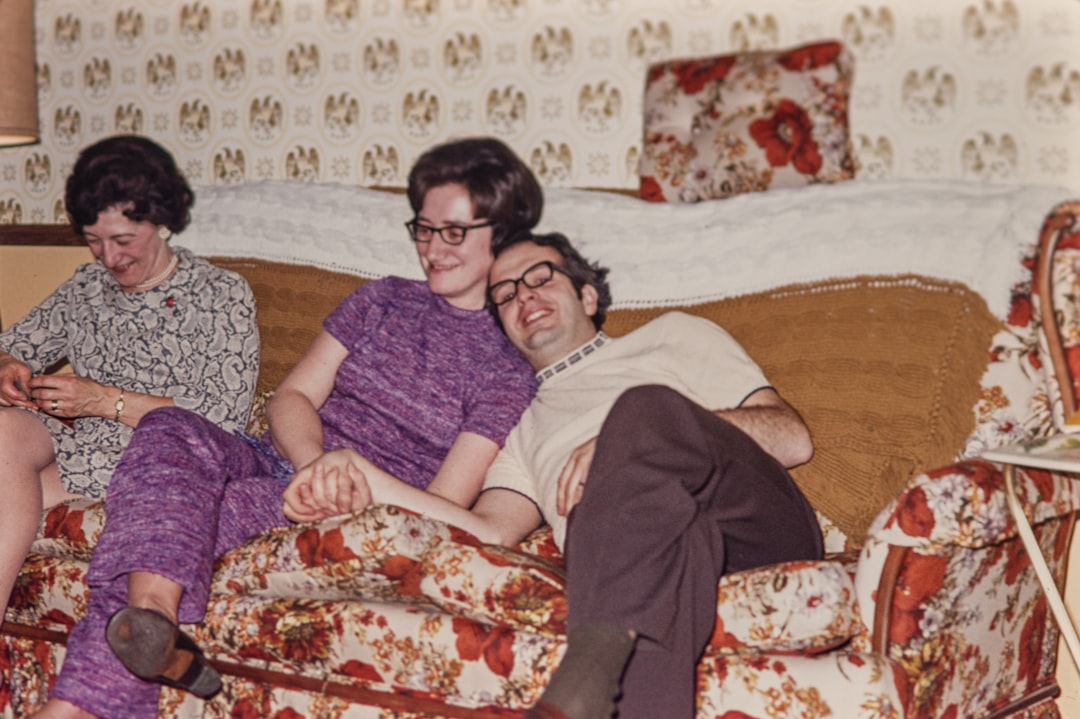
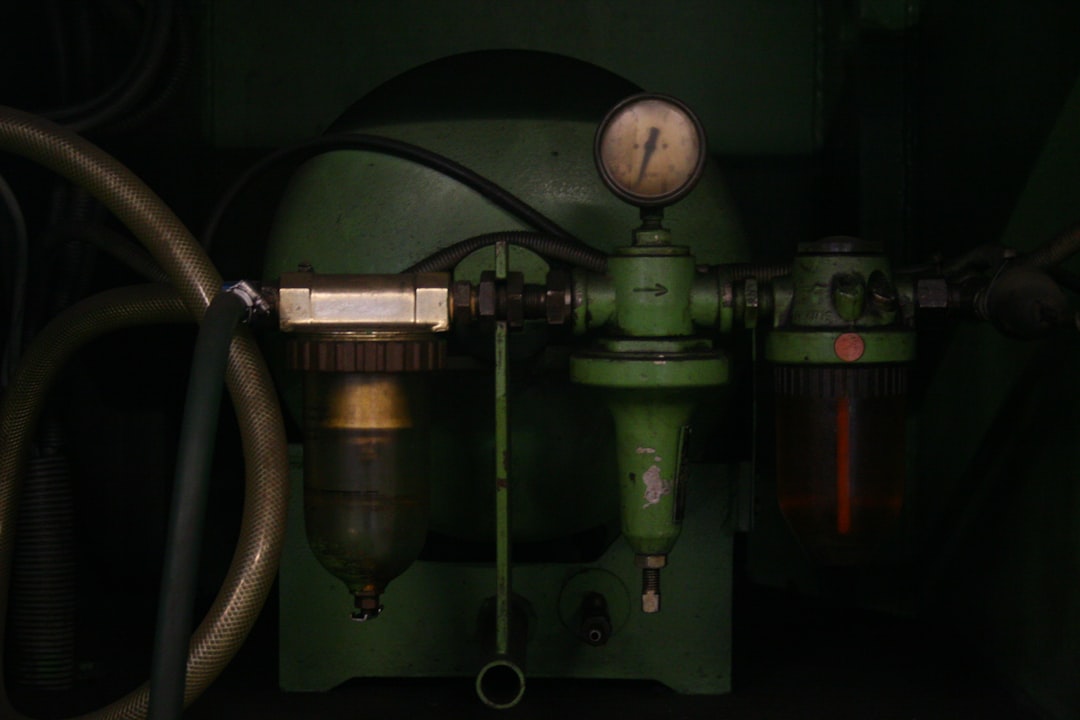
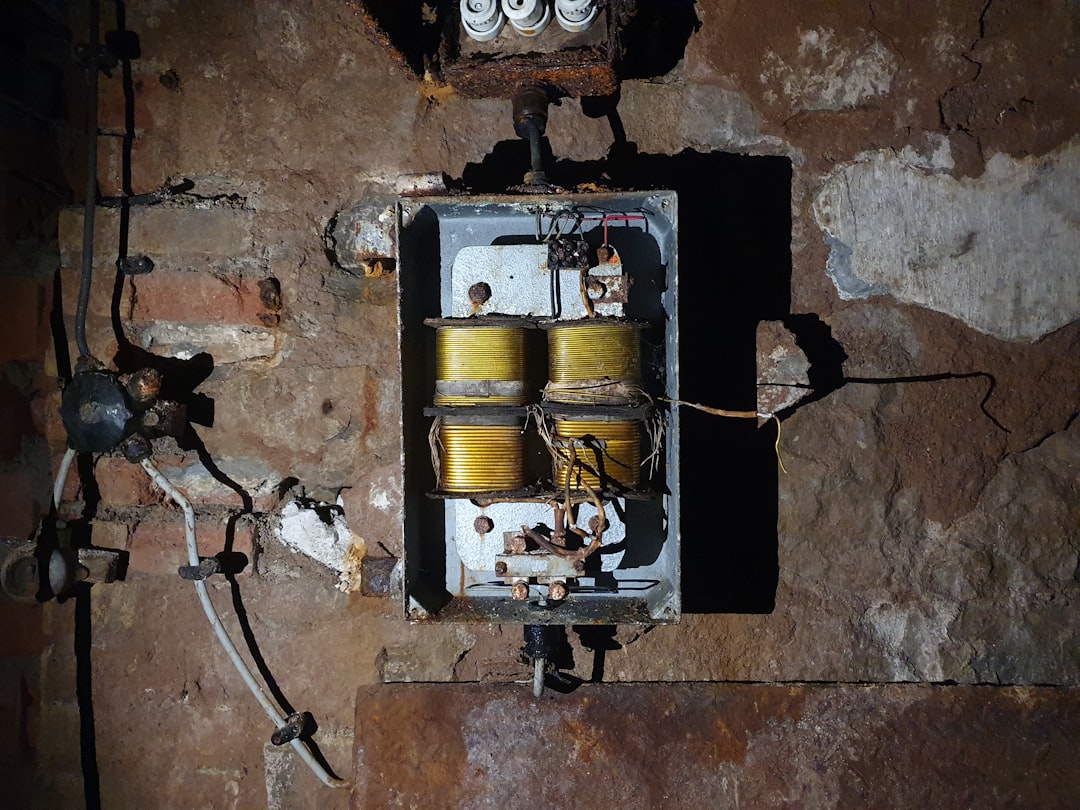
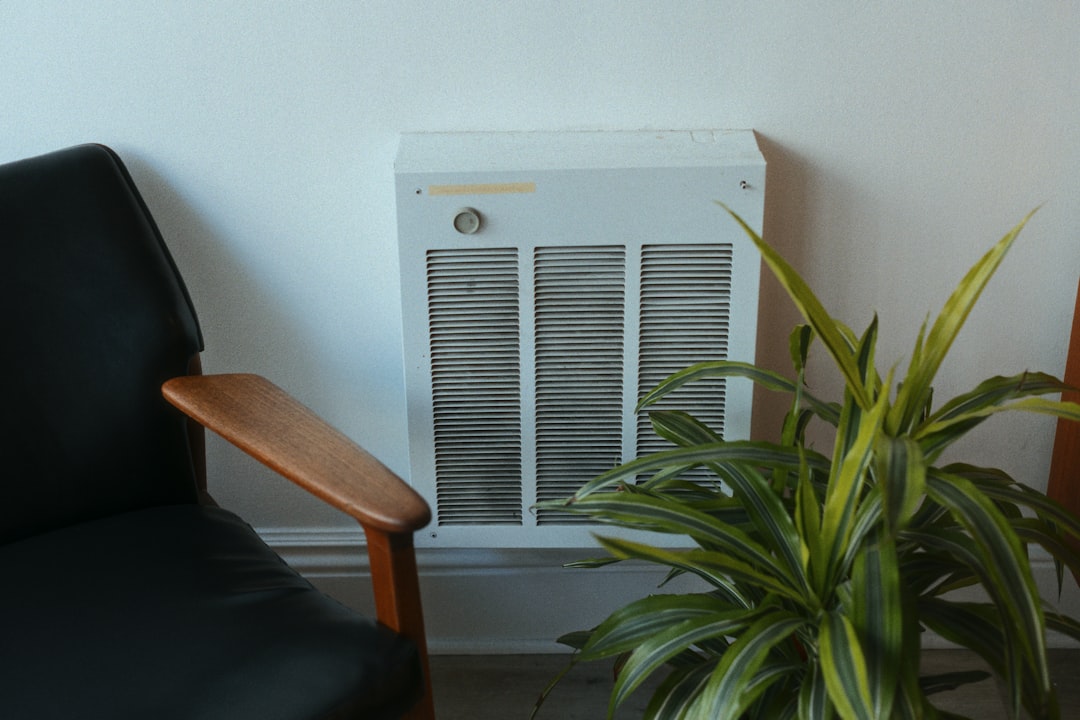
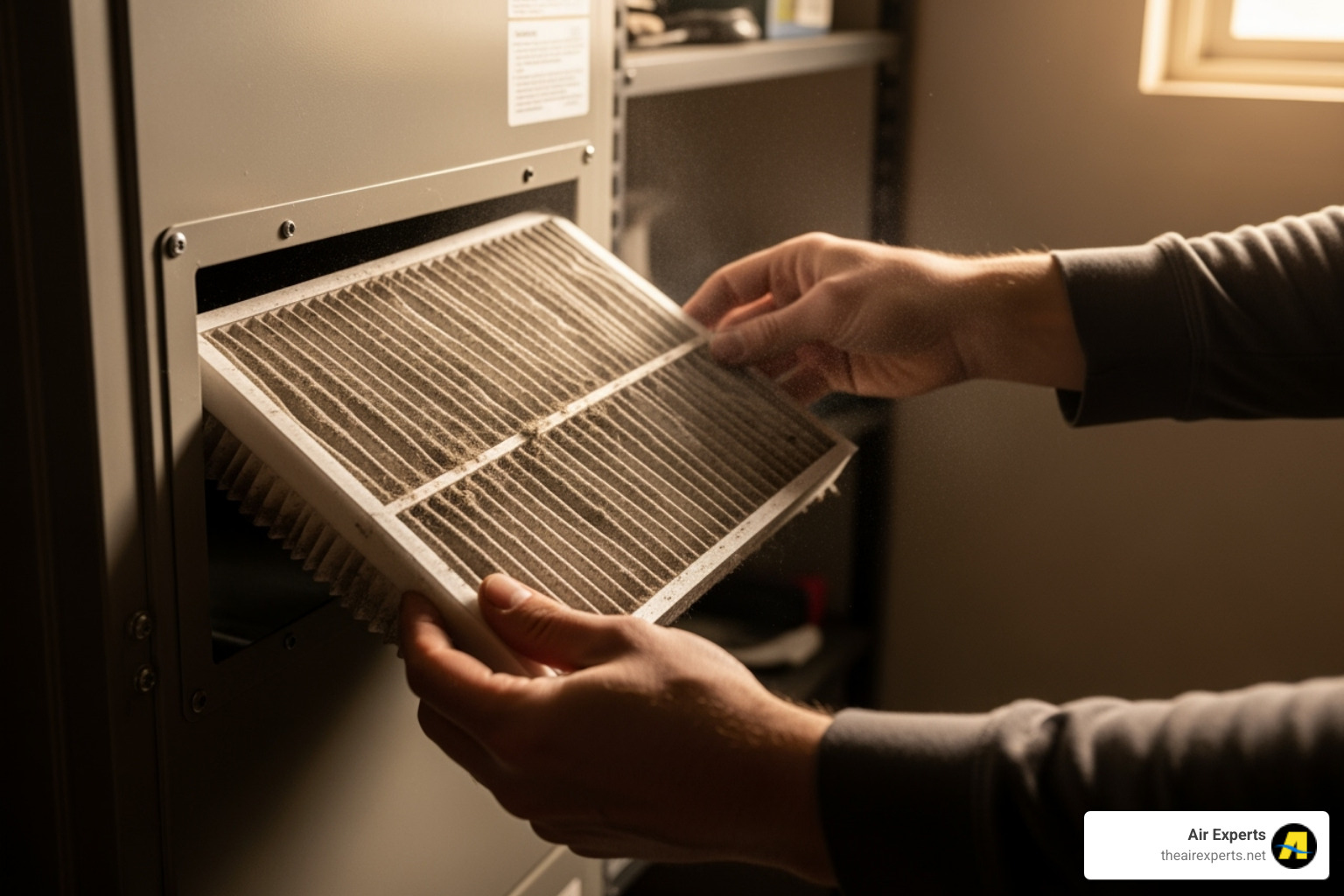
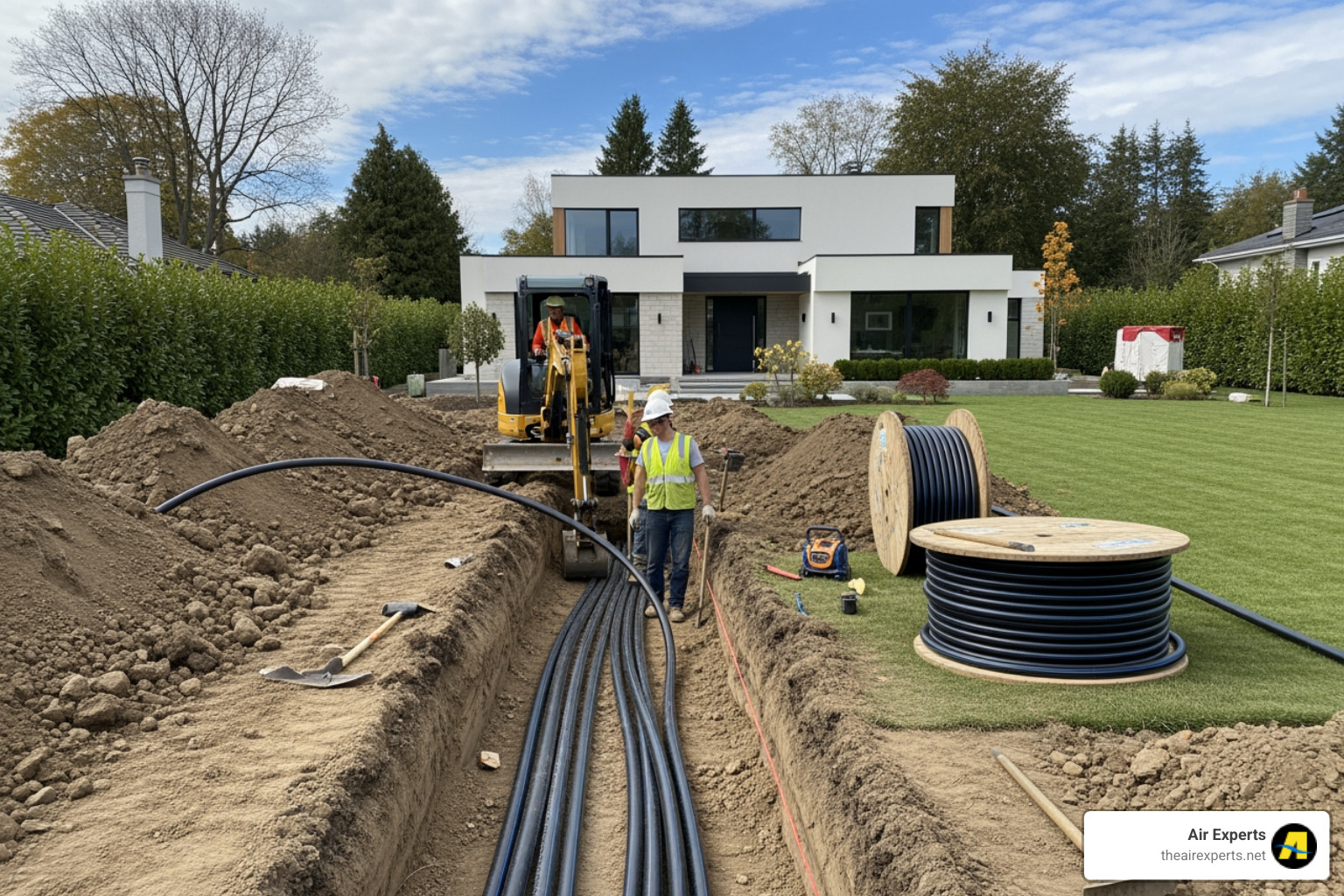

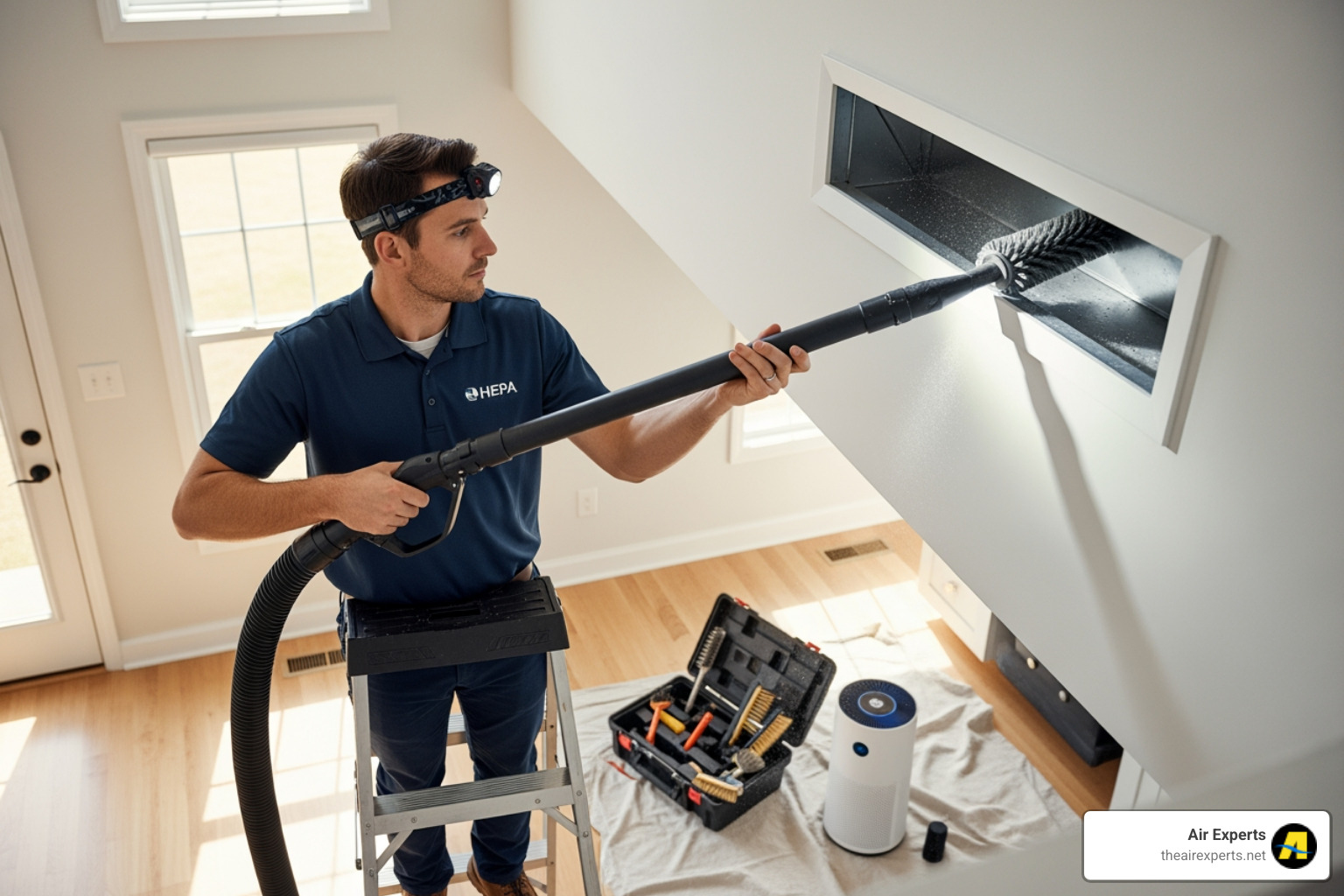
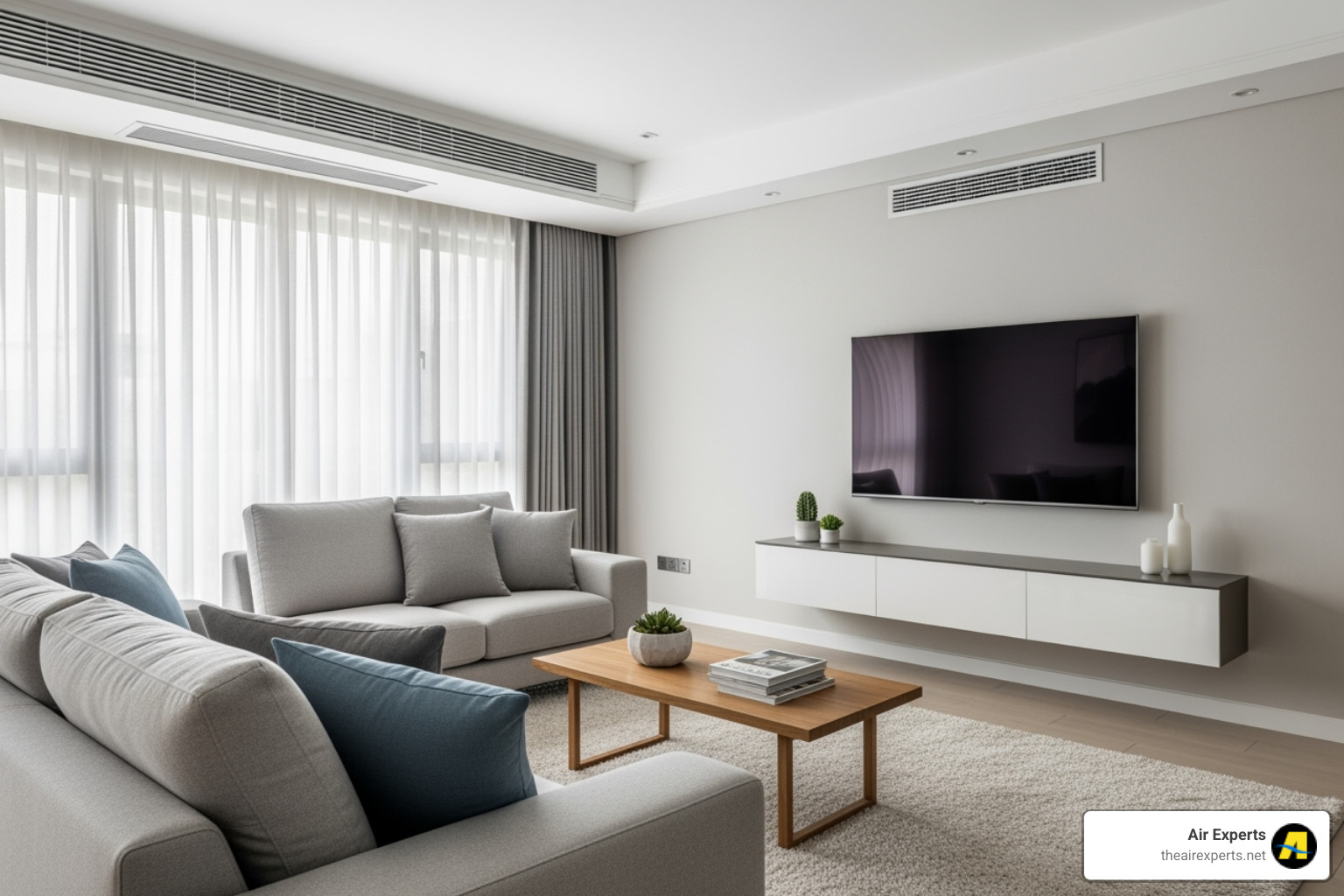

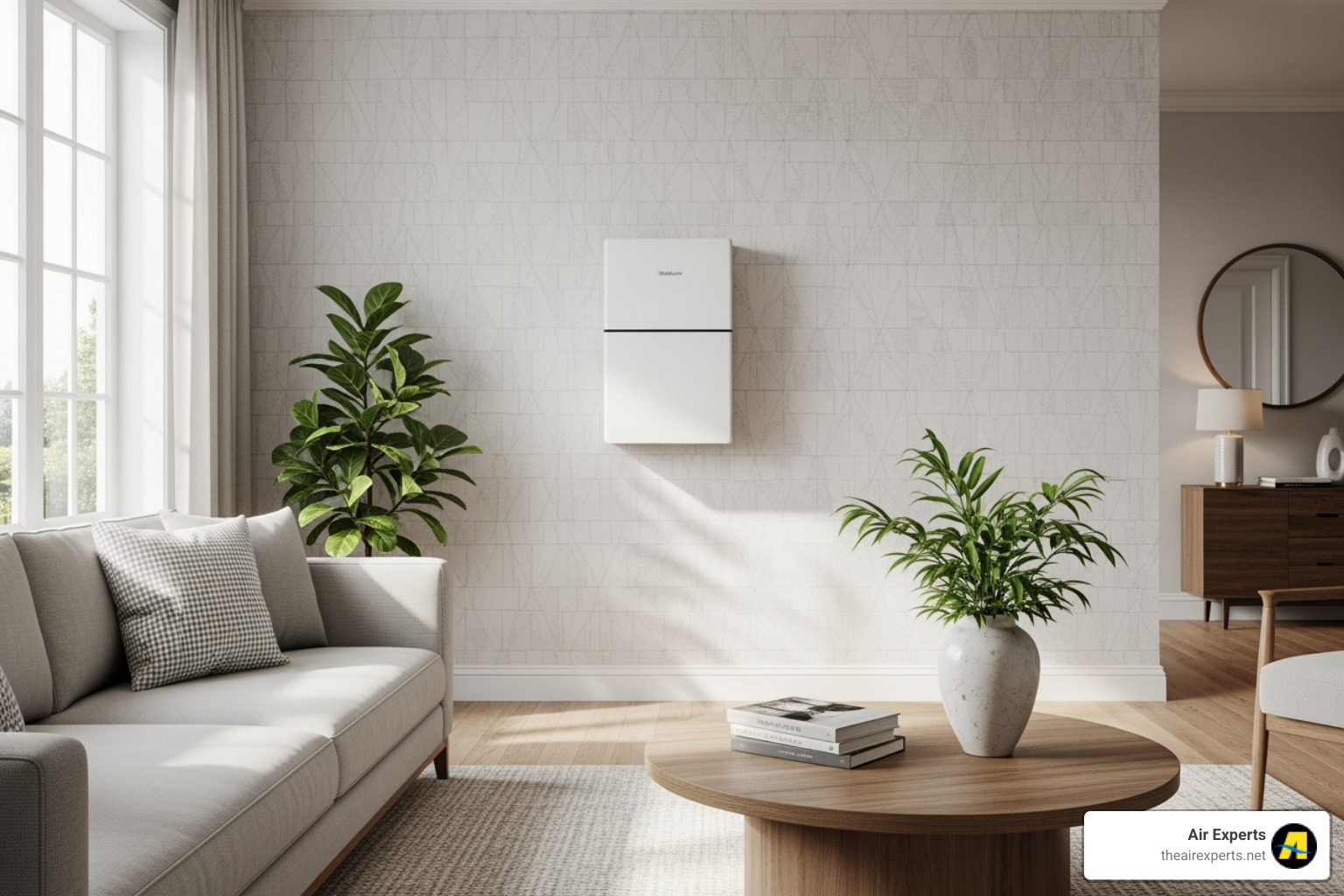

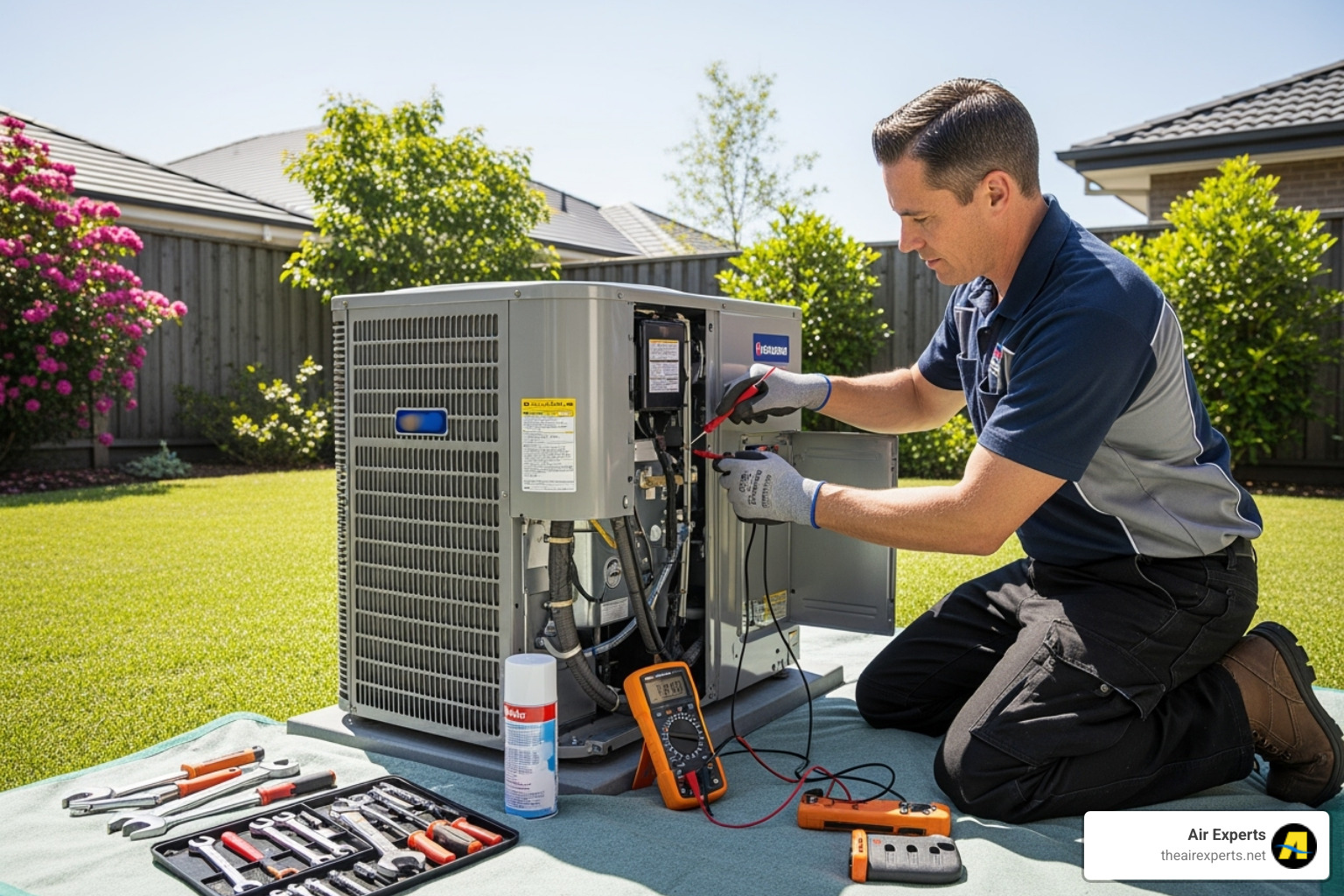
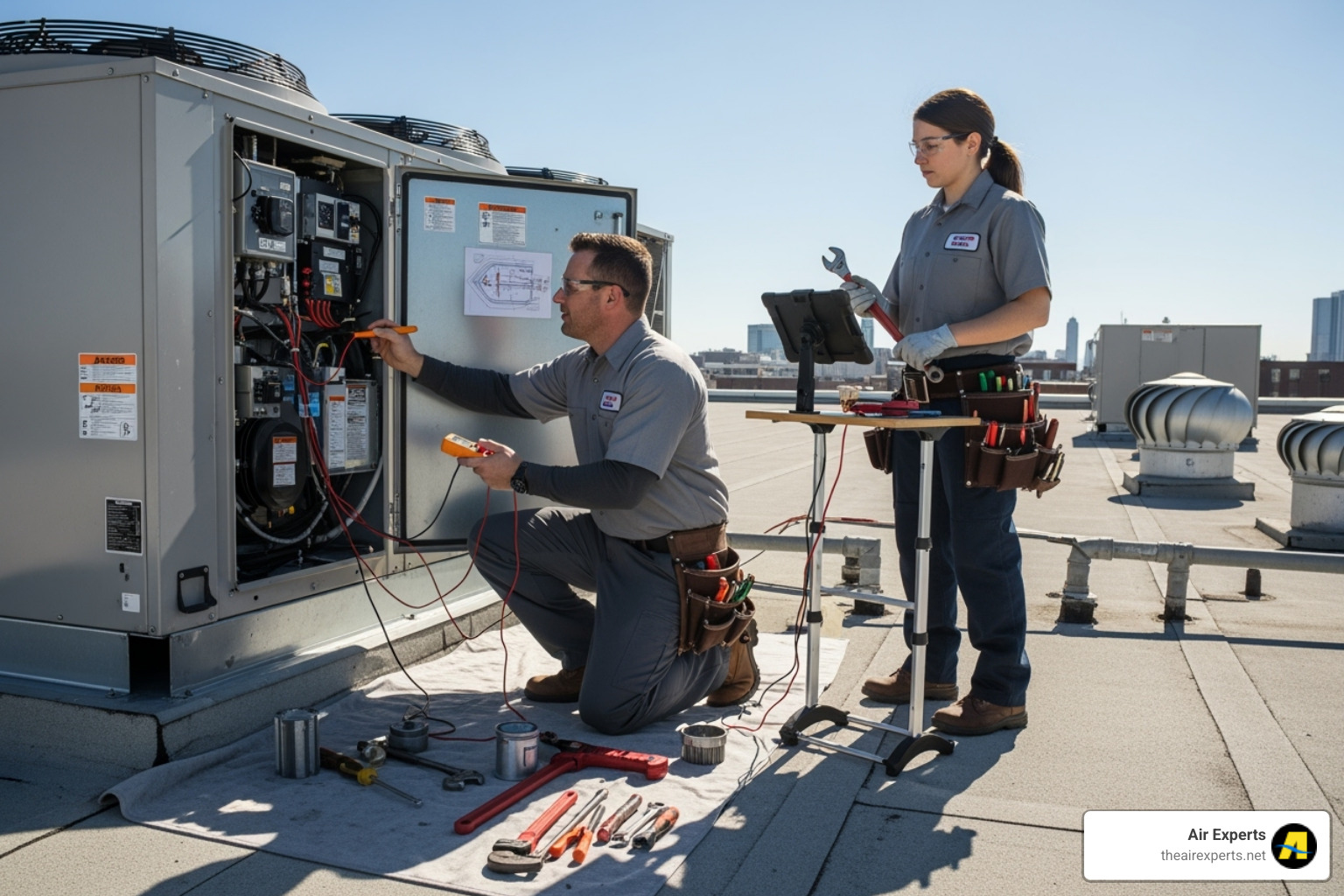
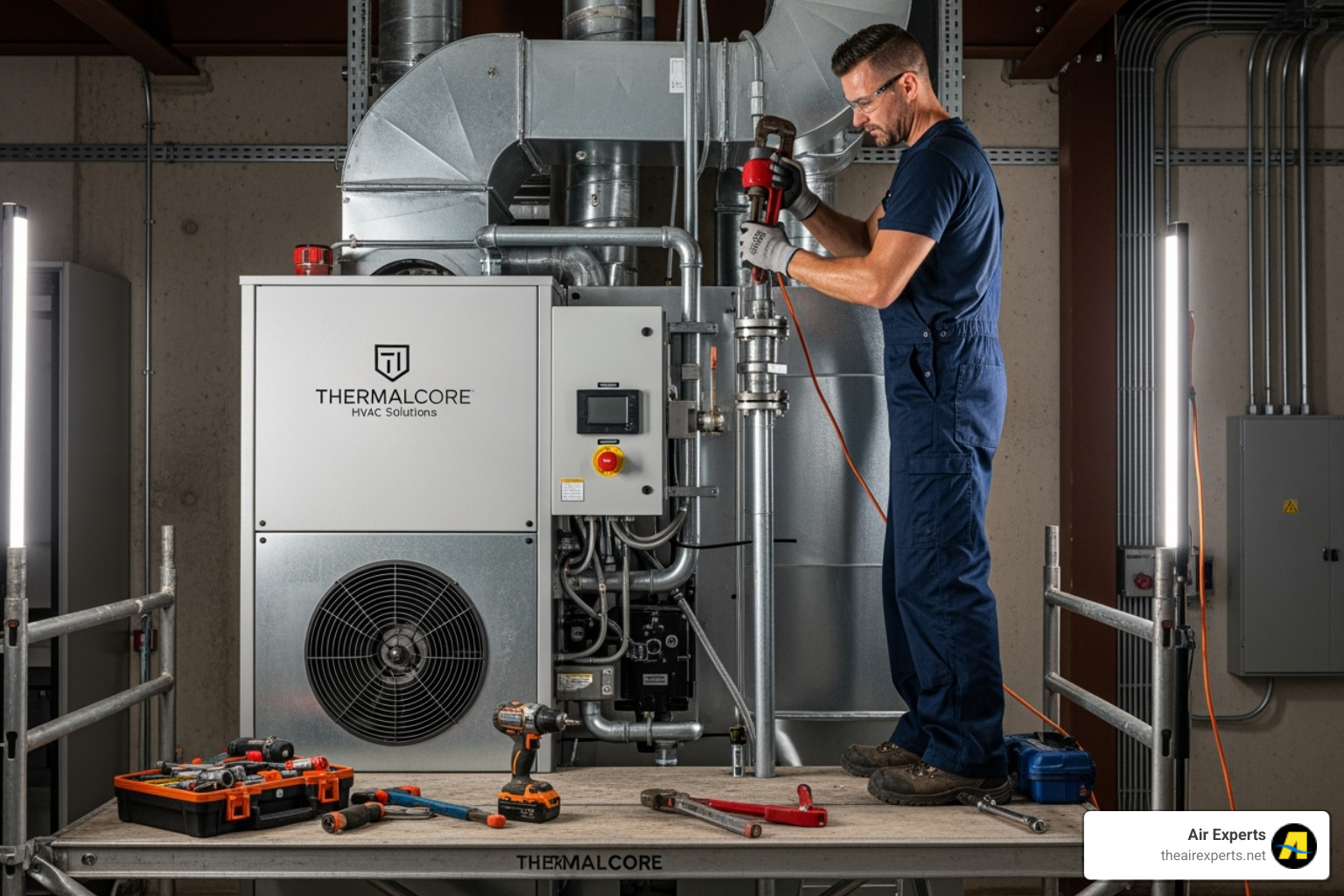
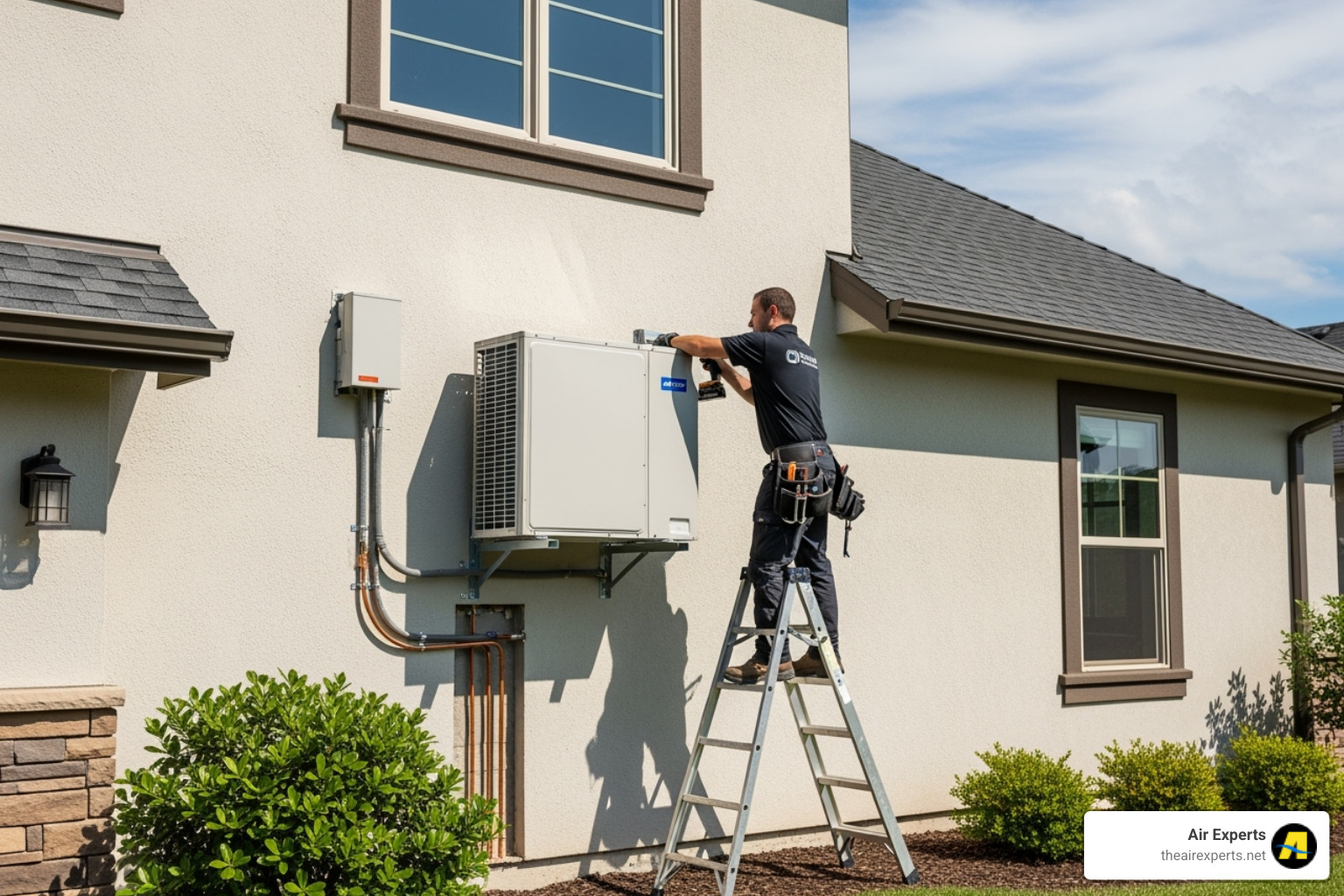

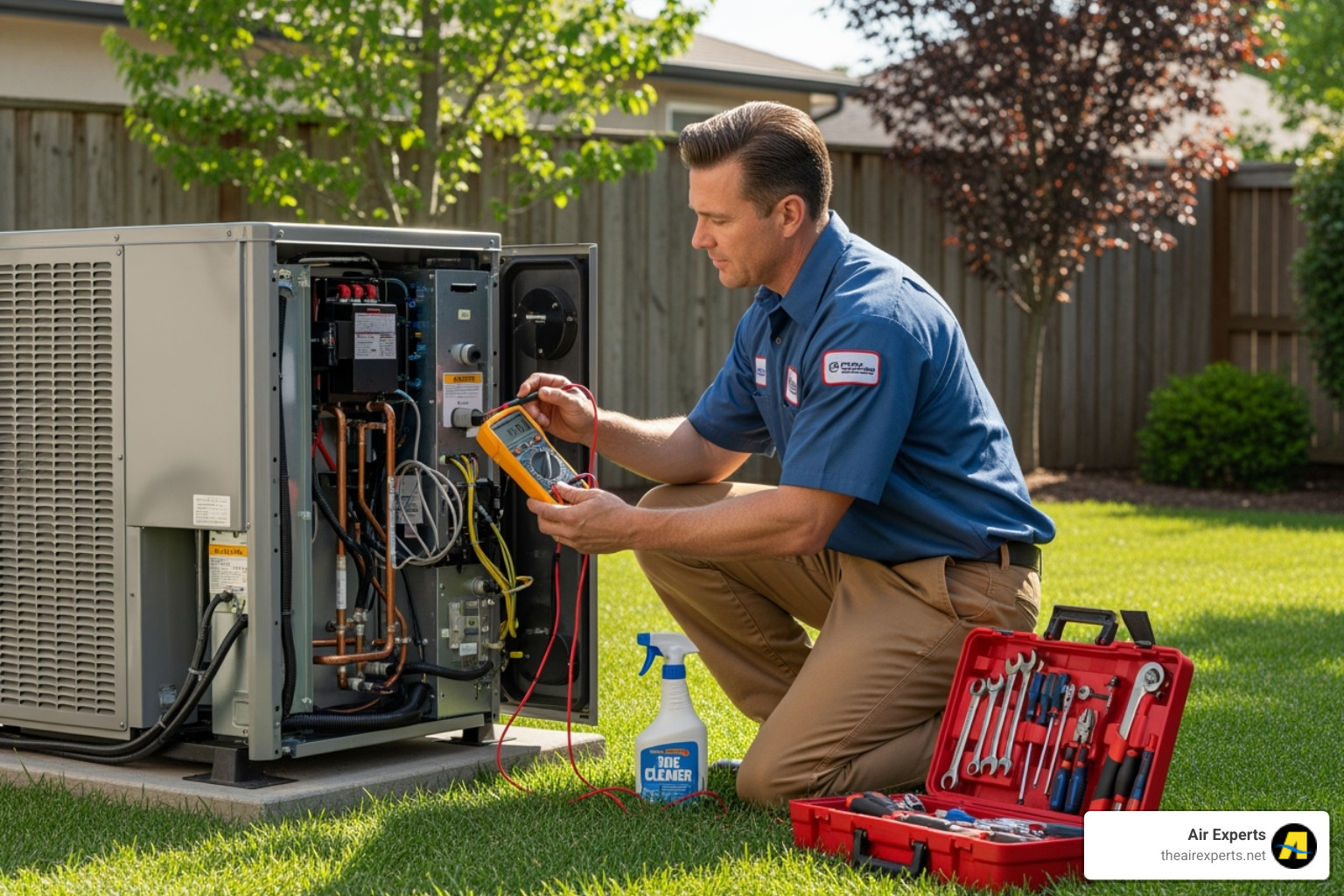
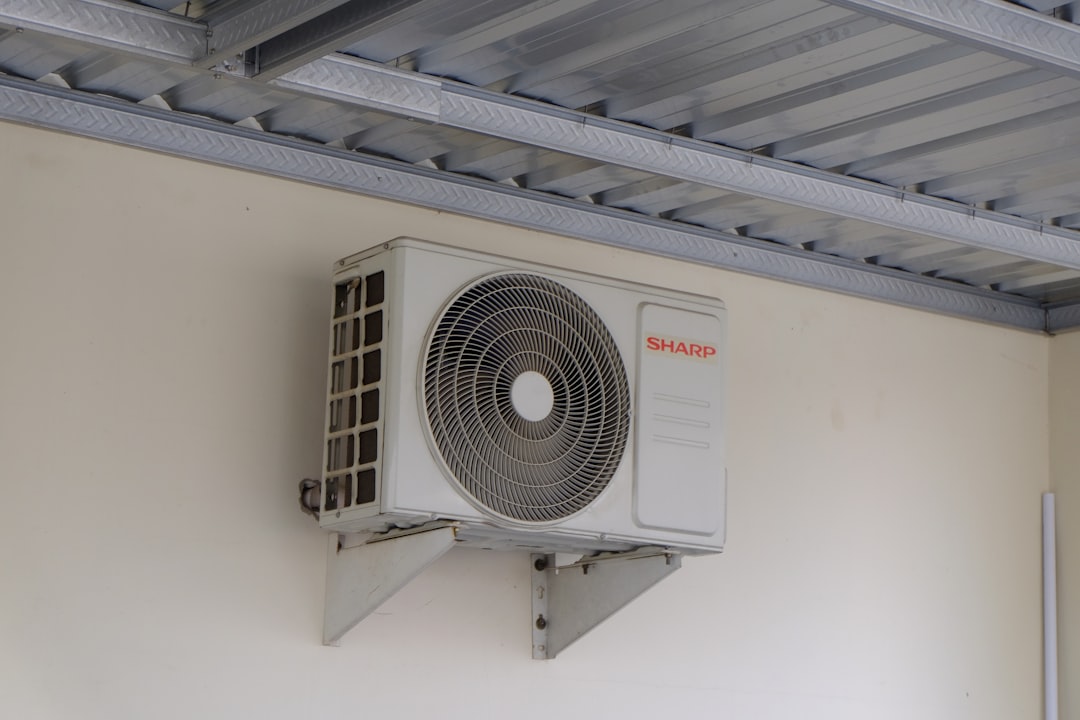
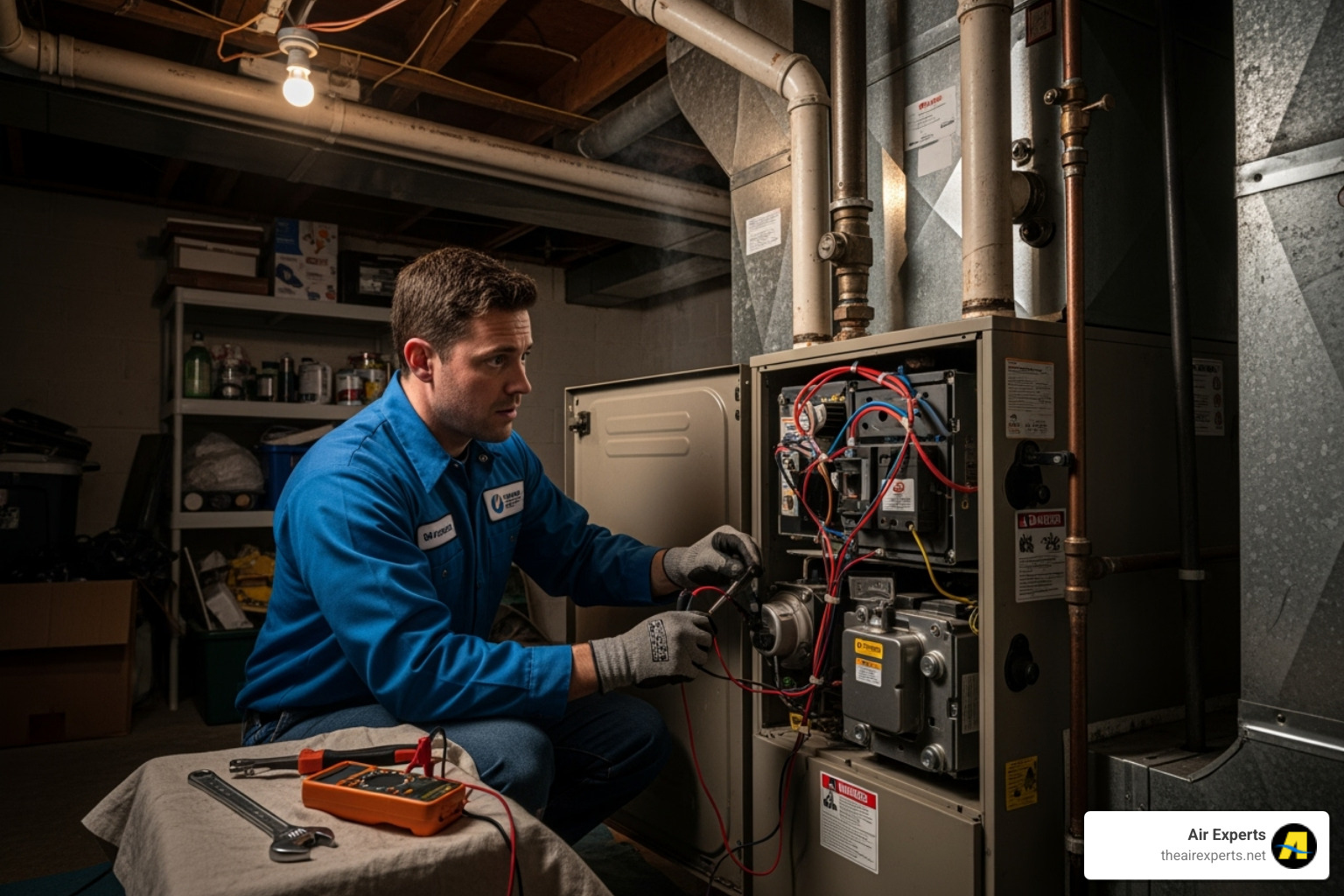

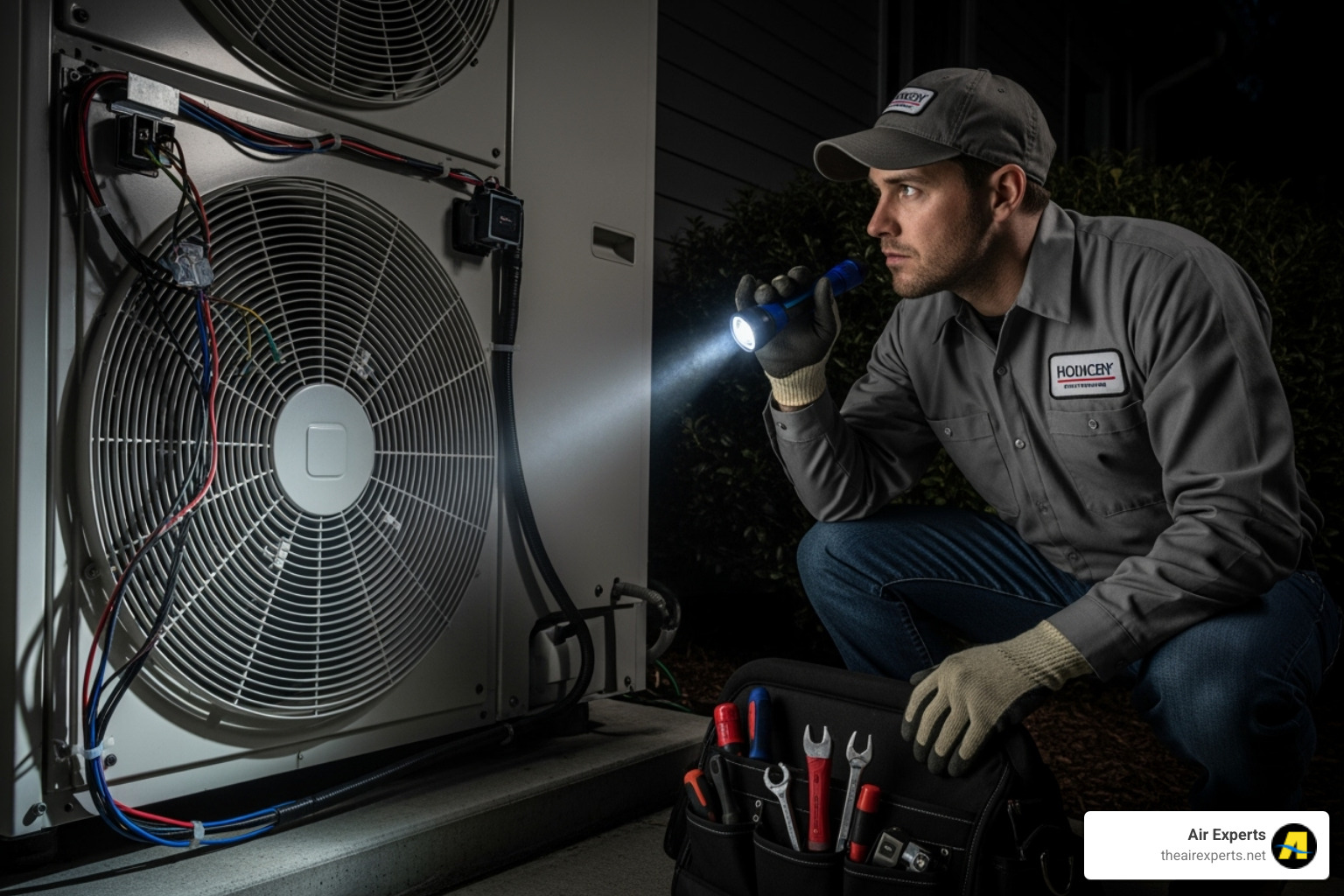
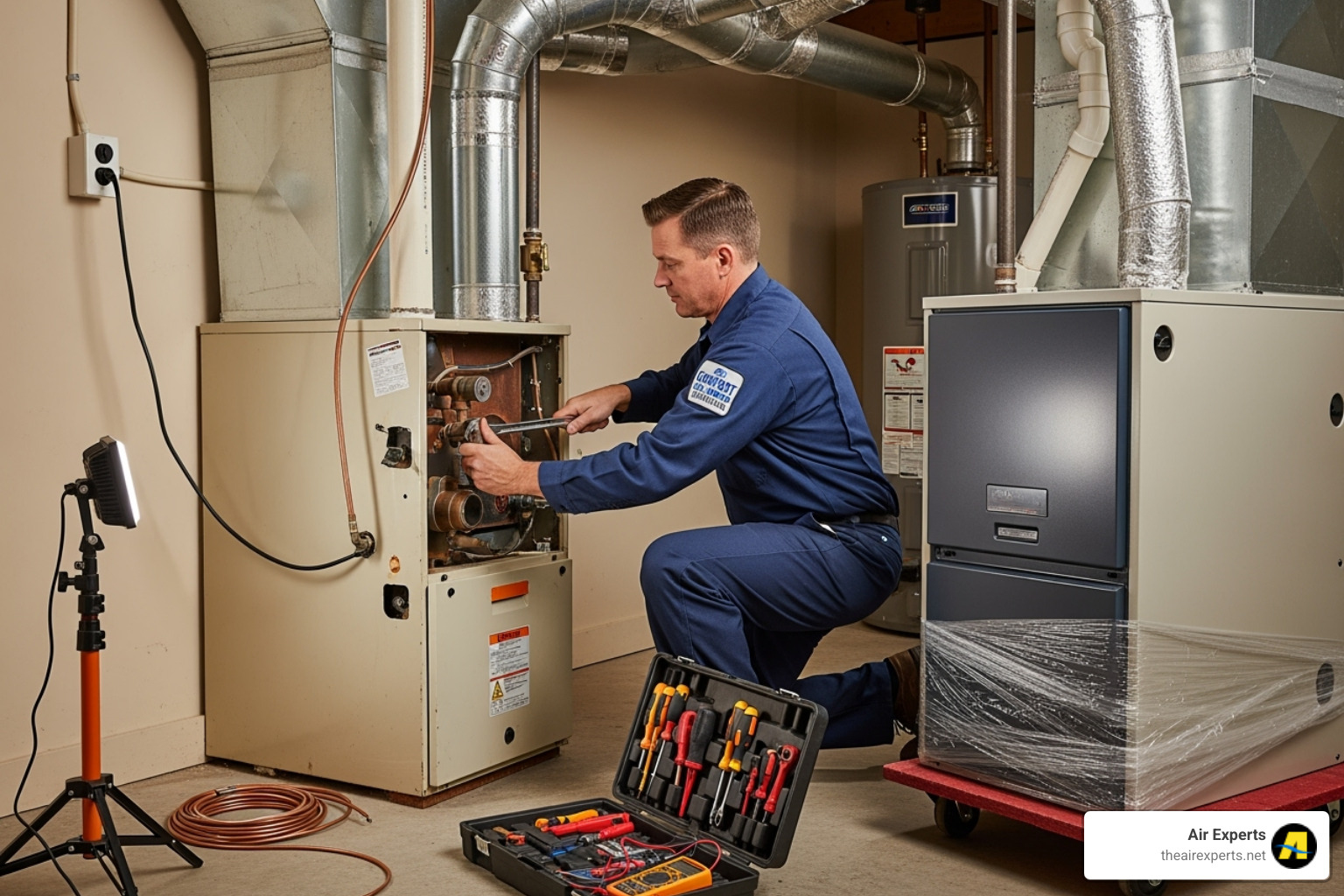
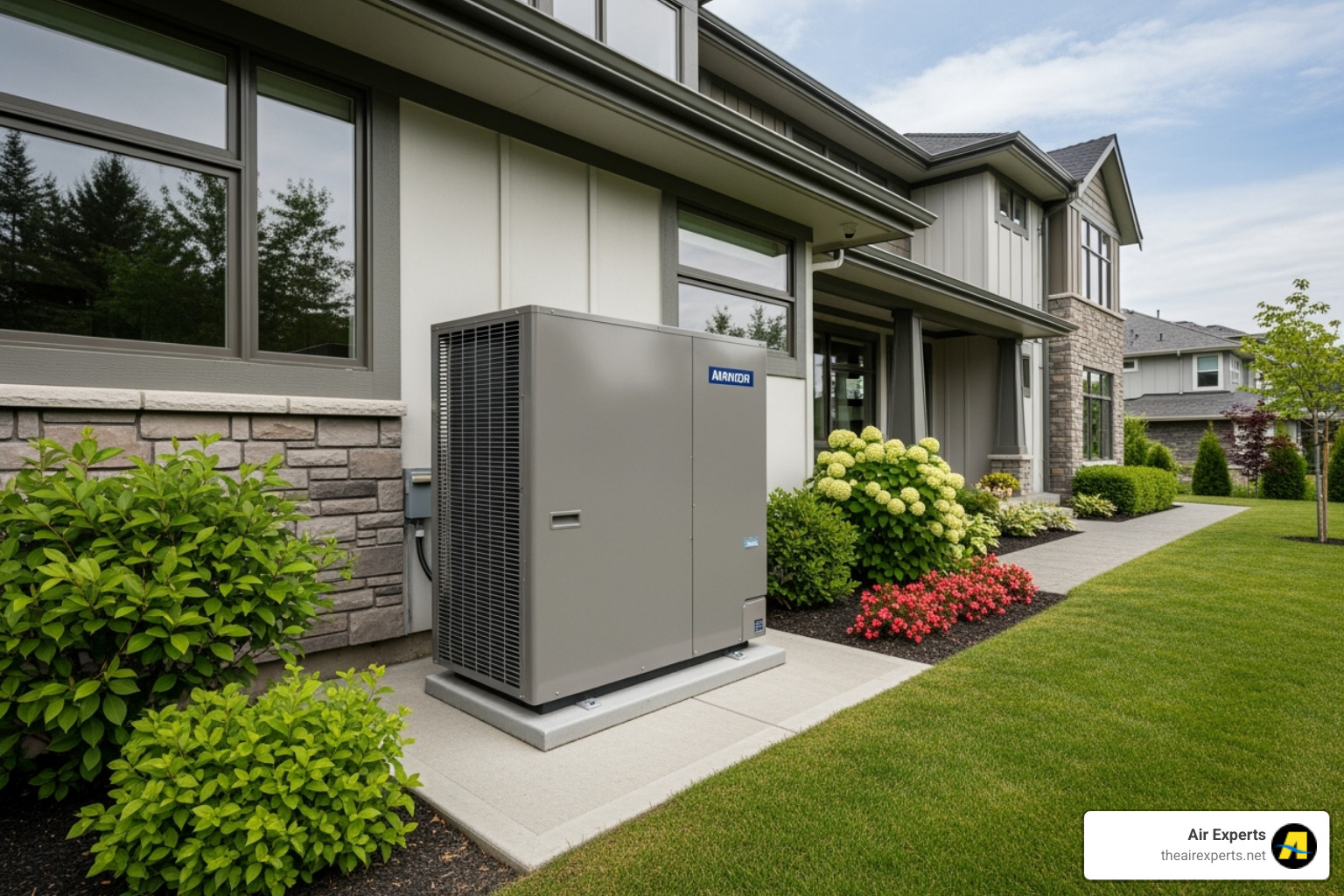
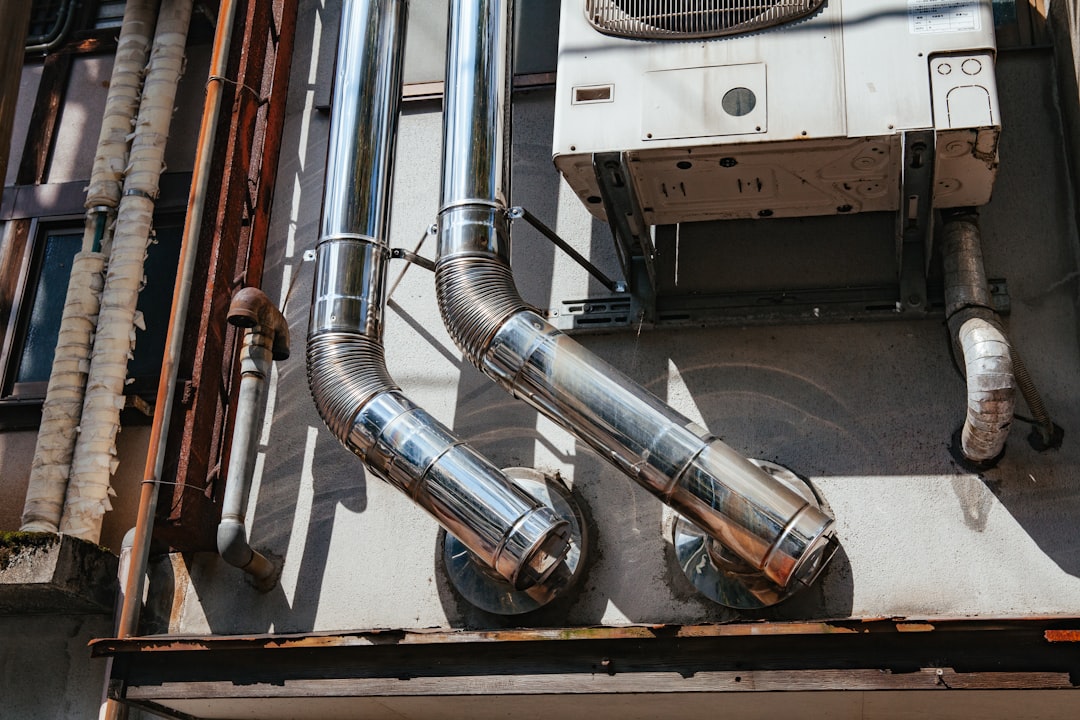
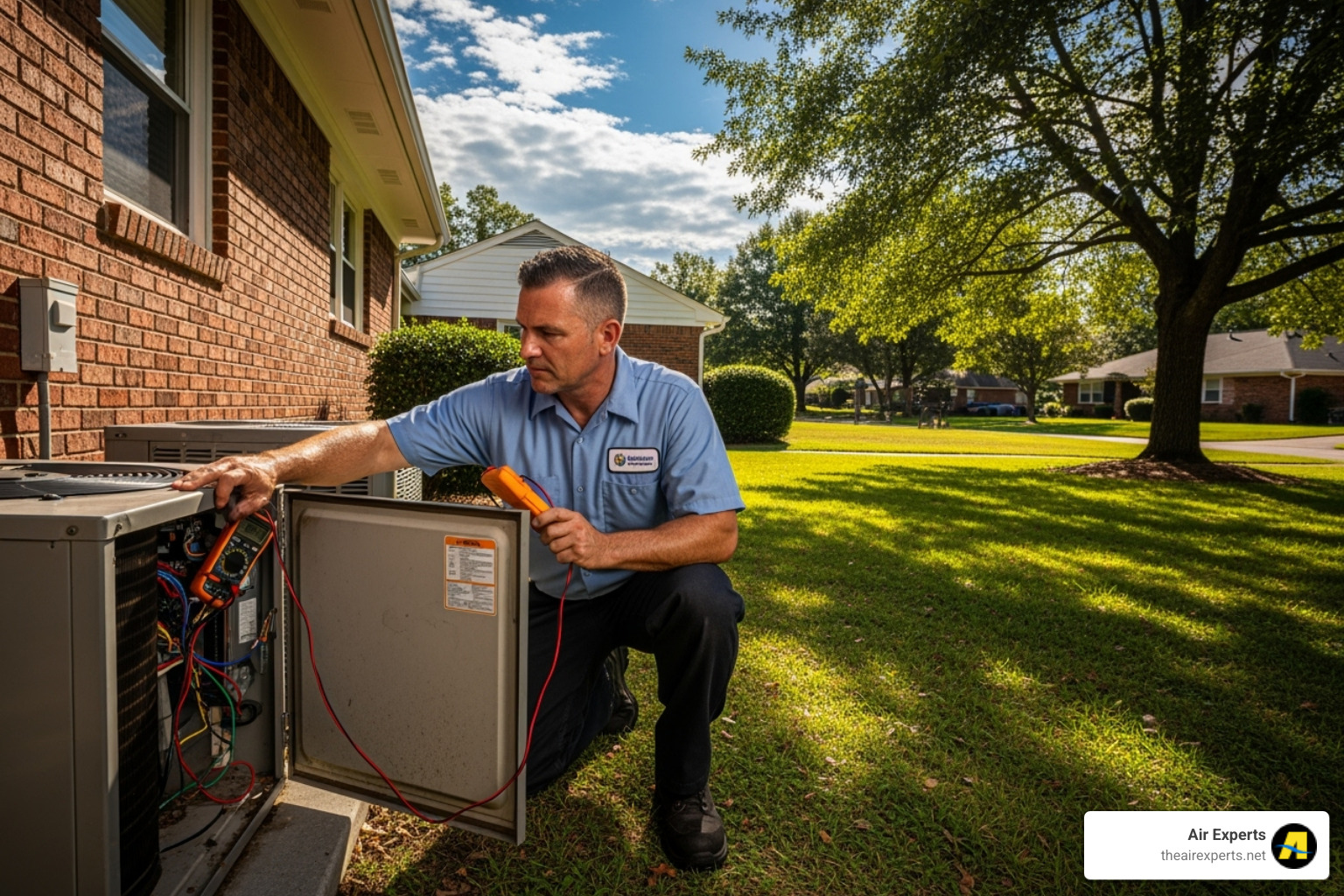
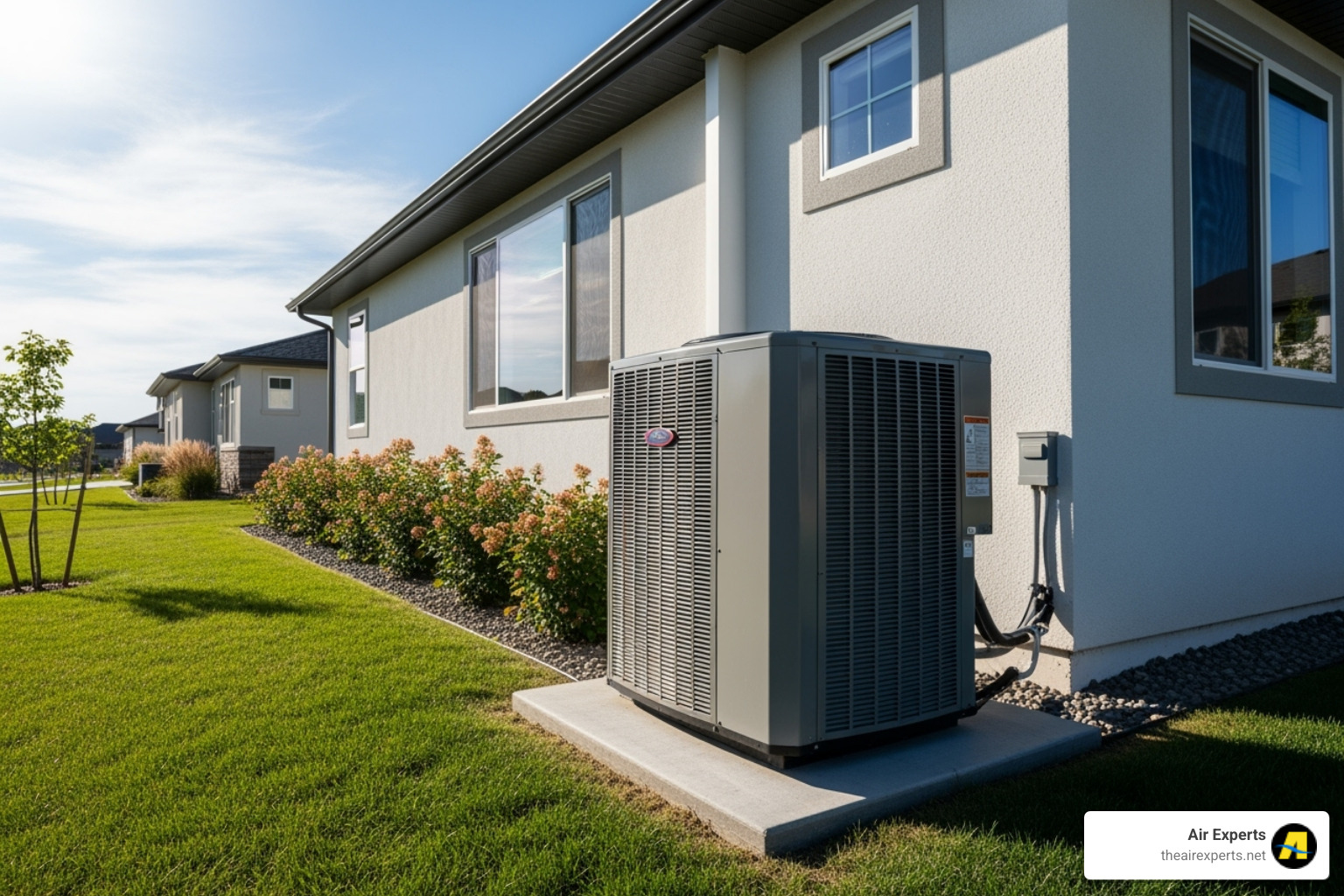
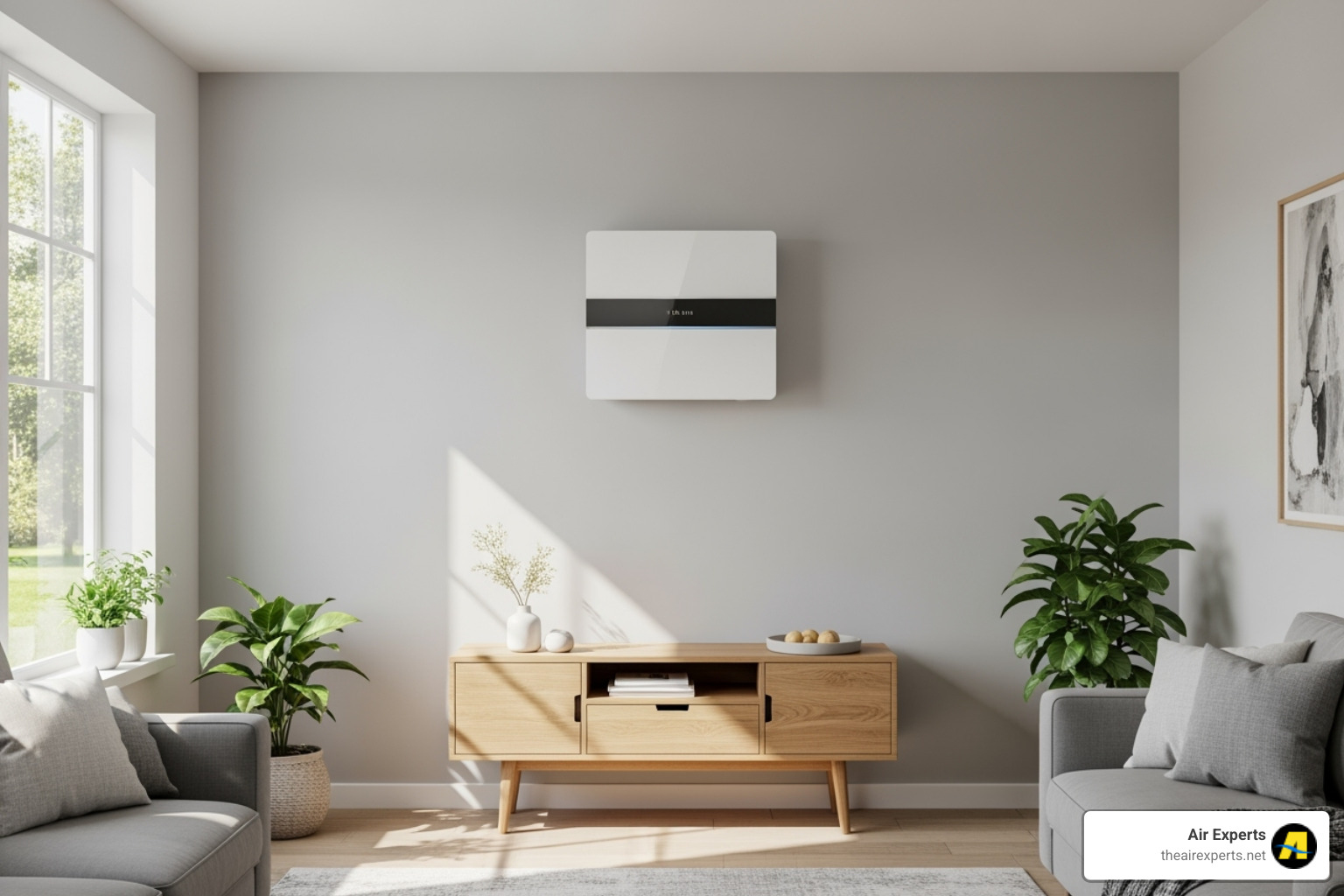
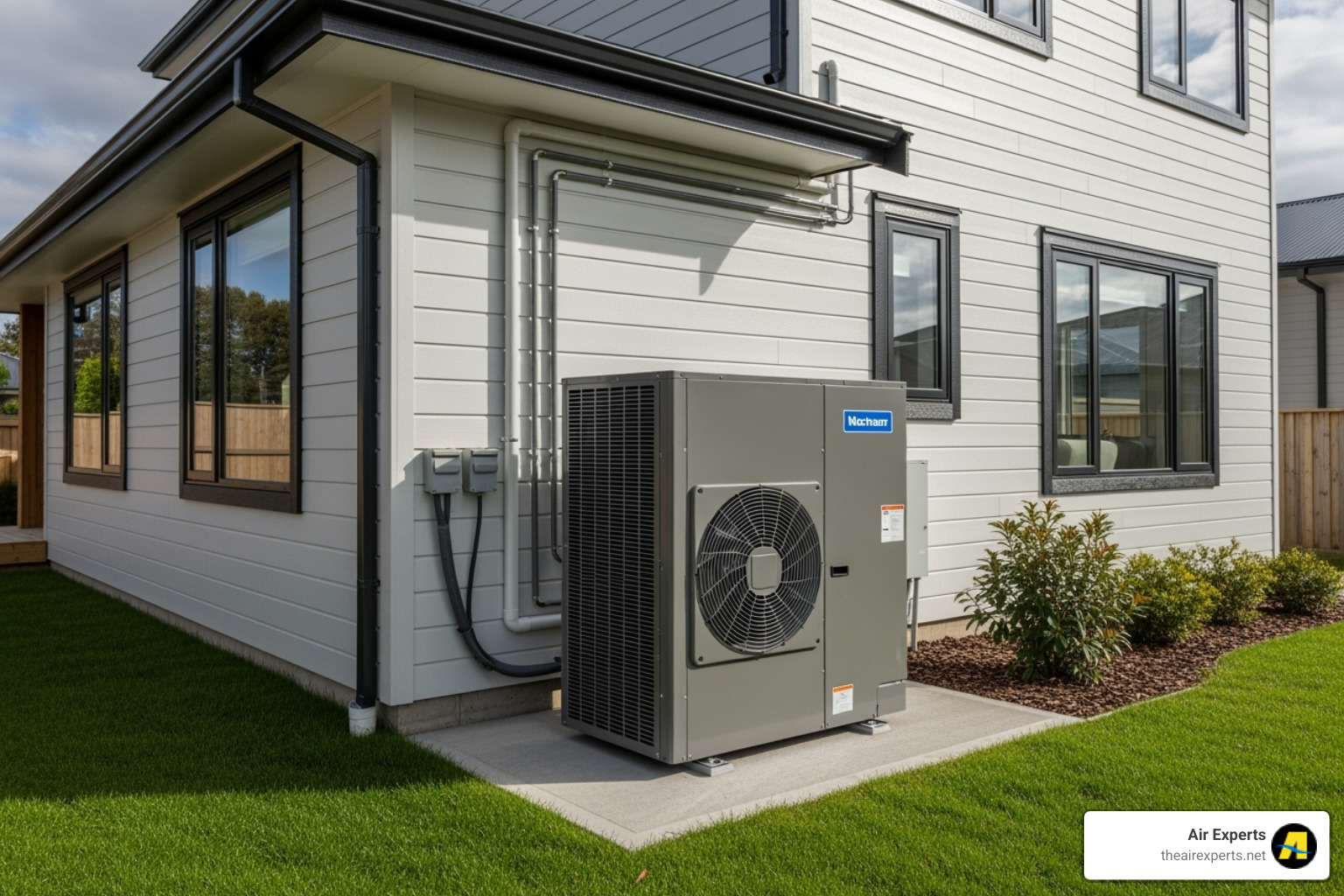
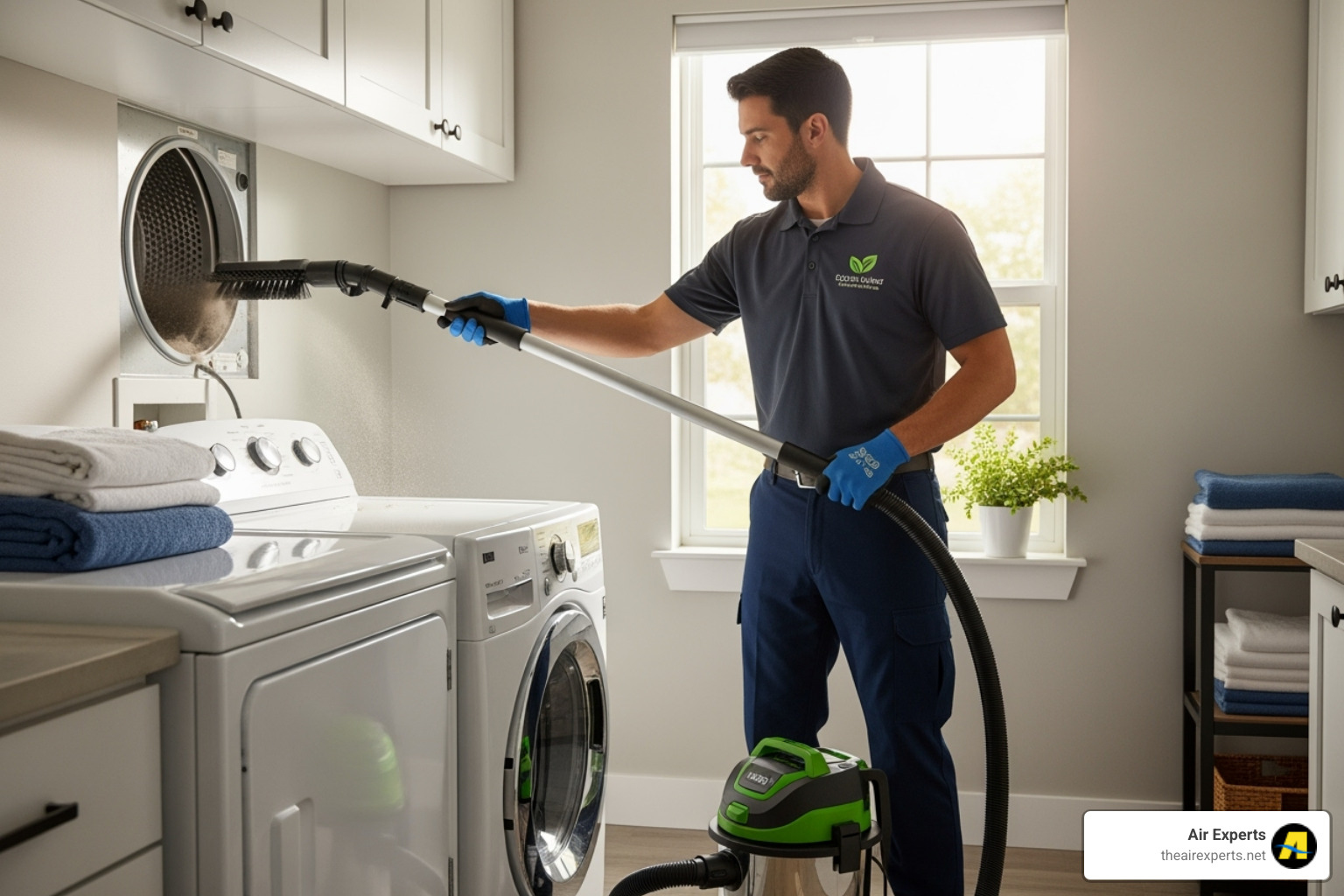

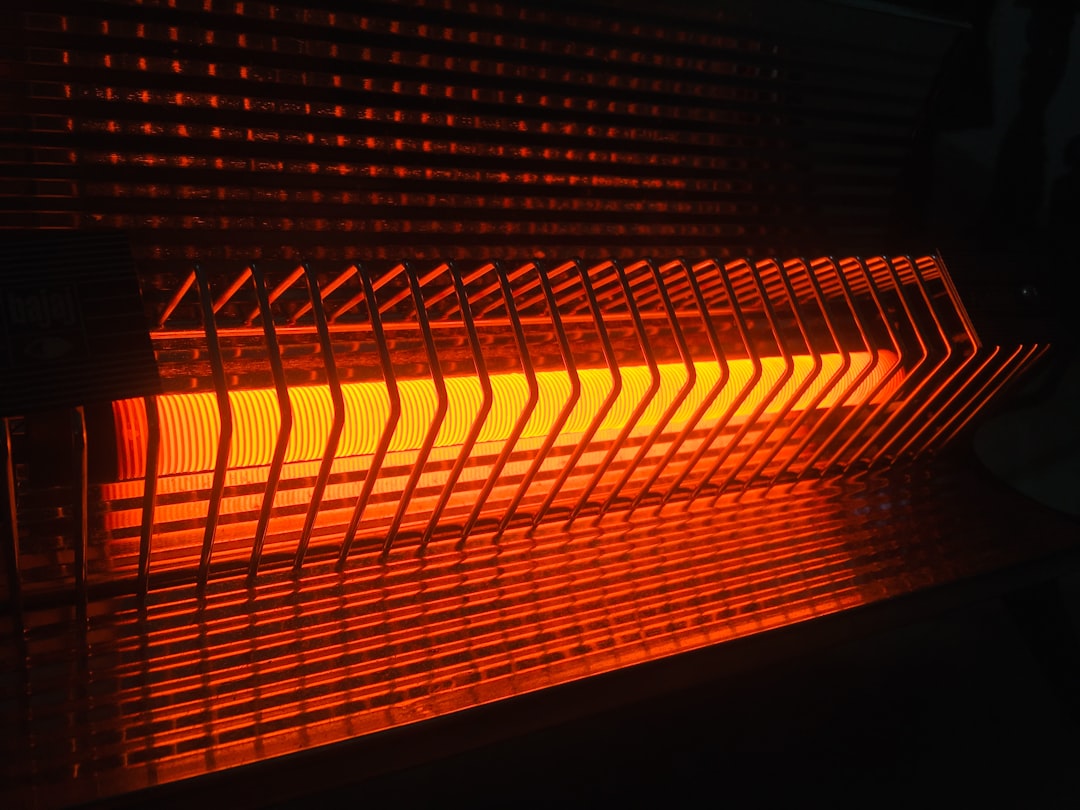
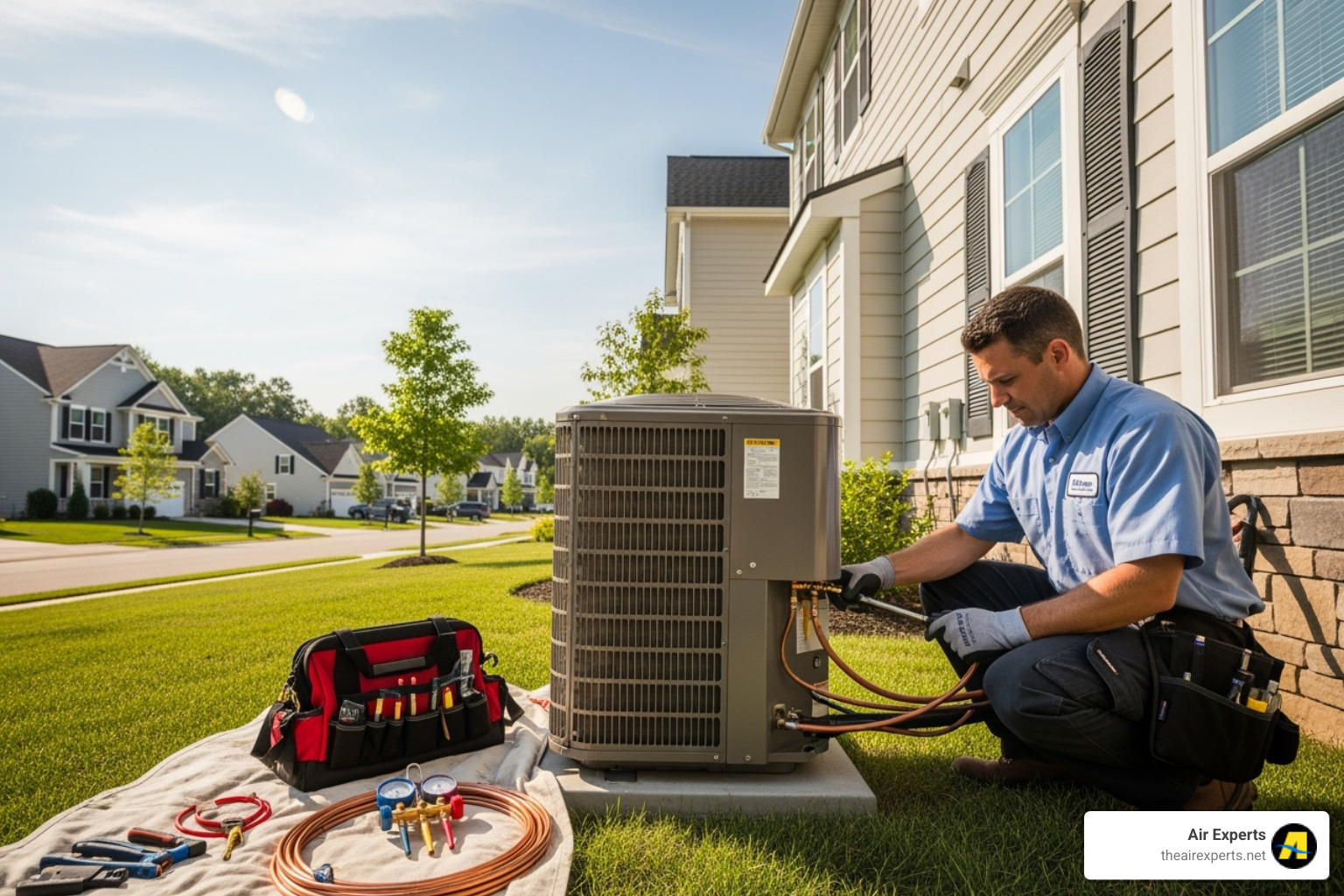
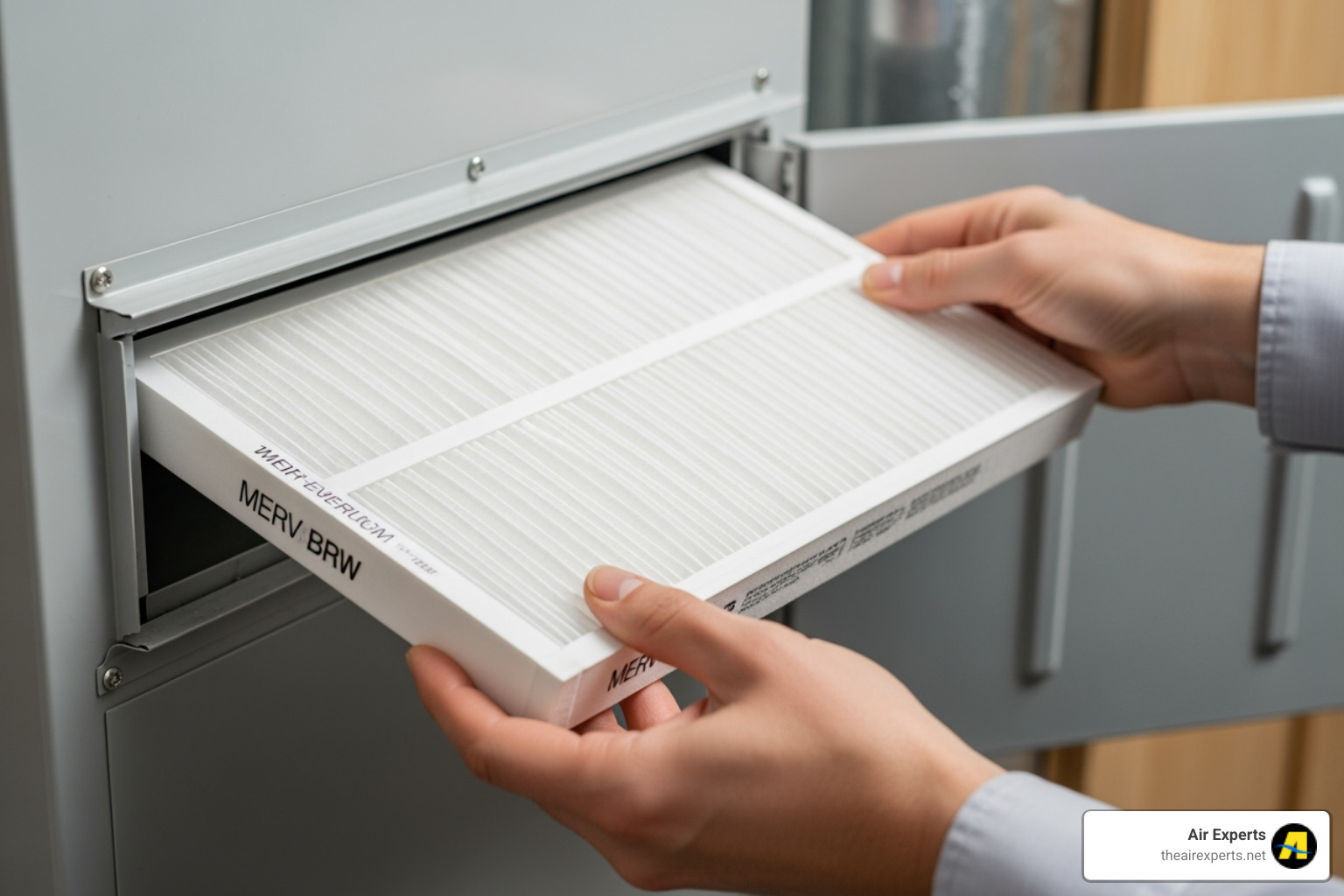
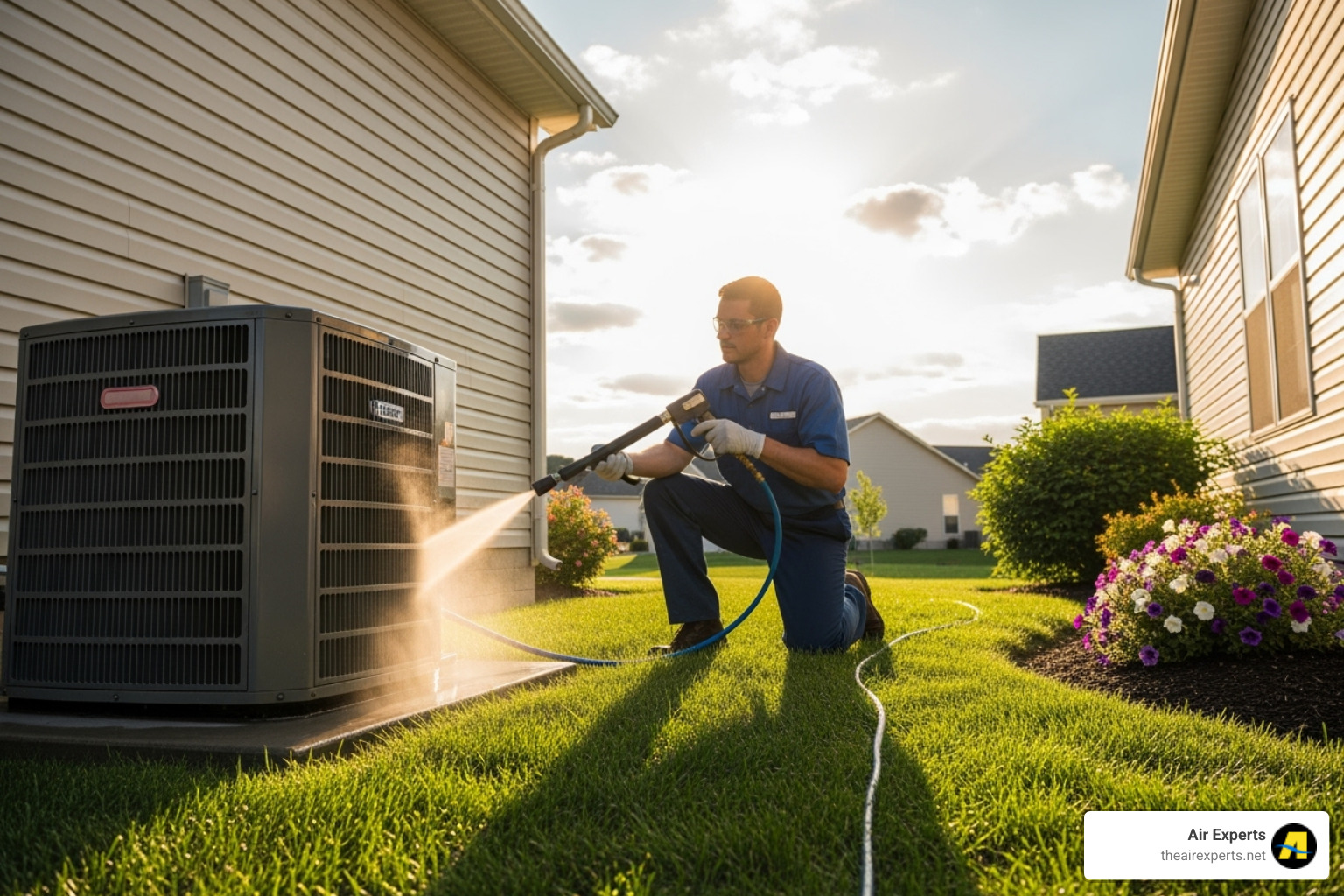
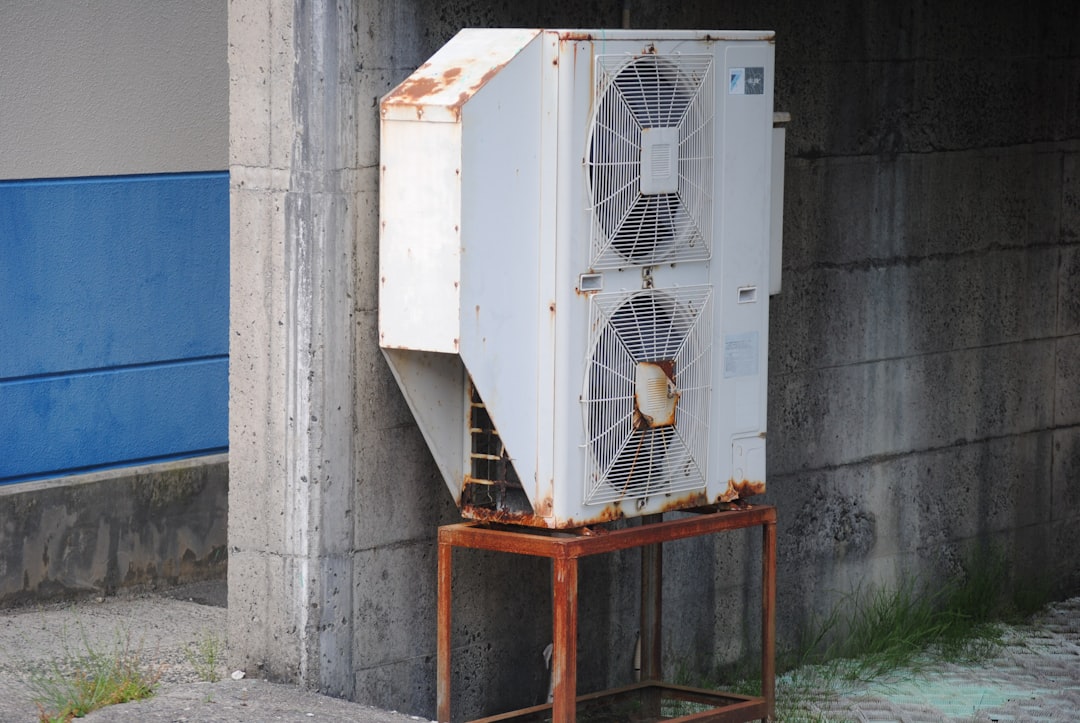
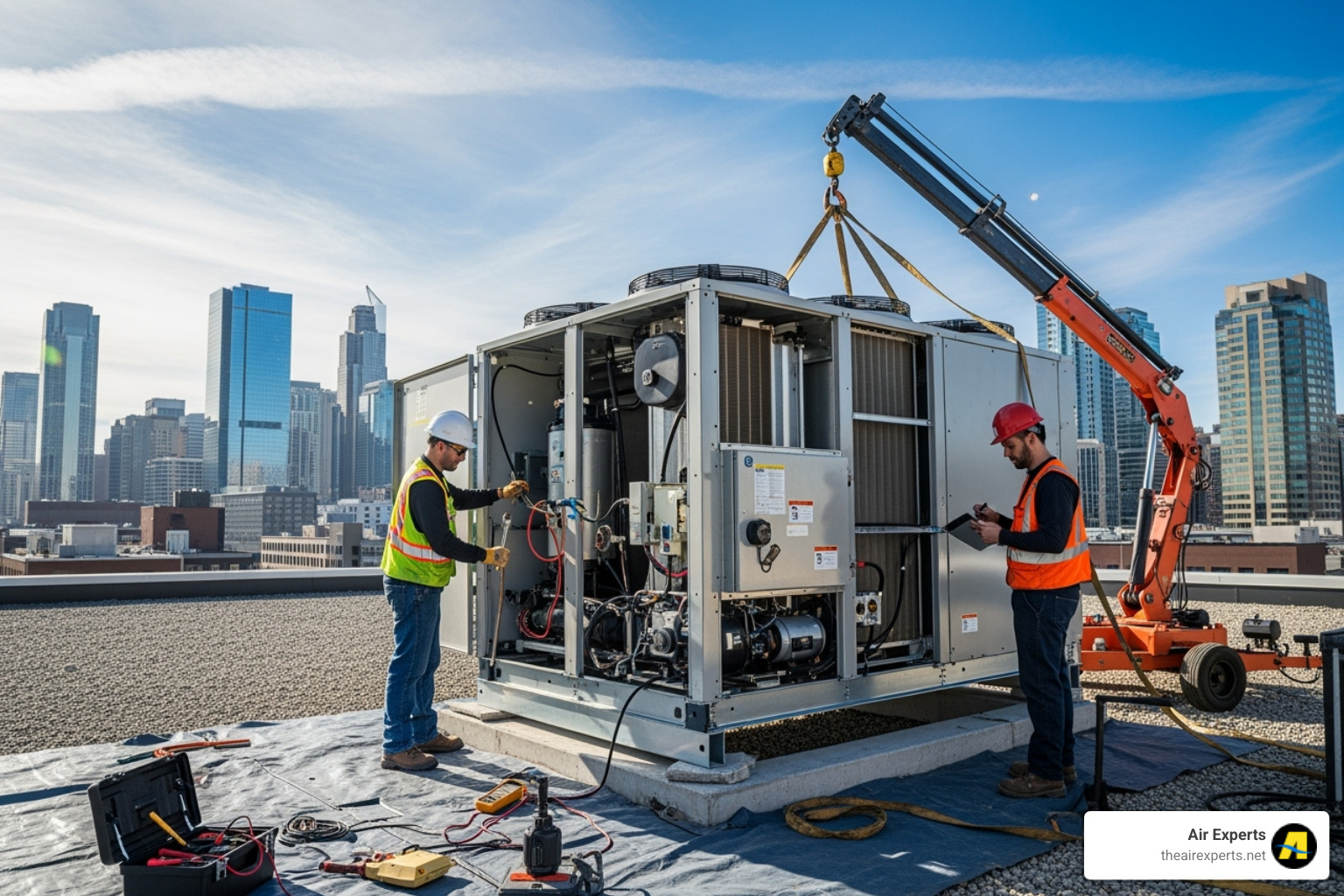
.svg)
.svg)




.svg)
.svg)
